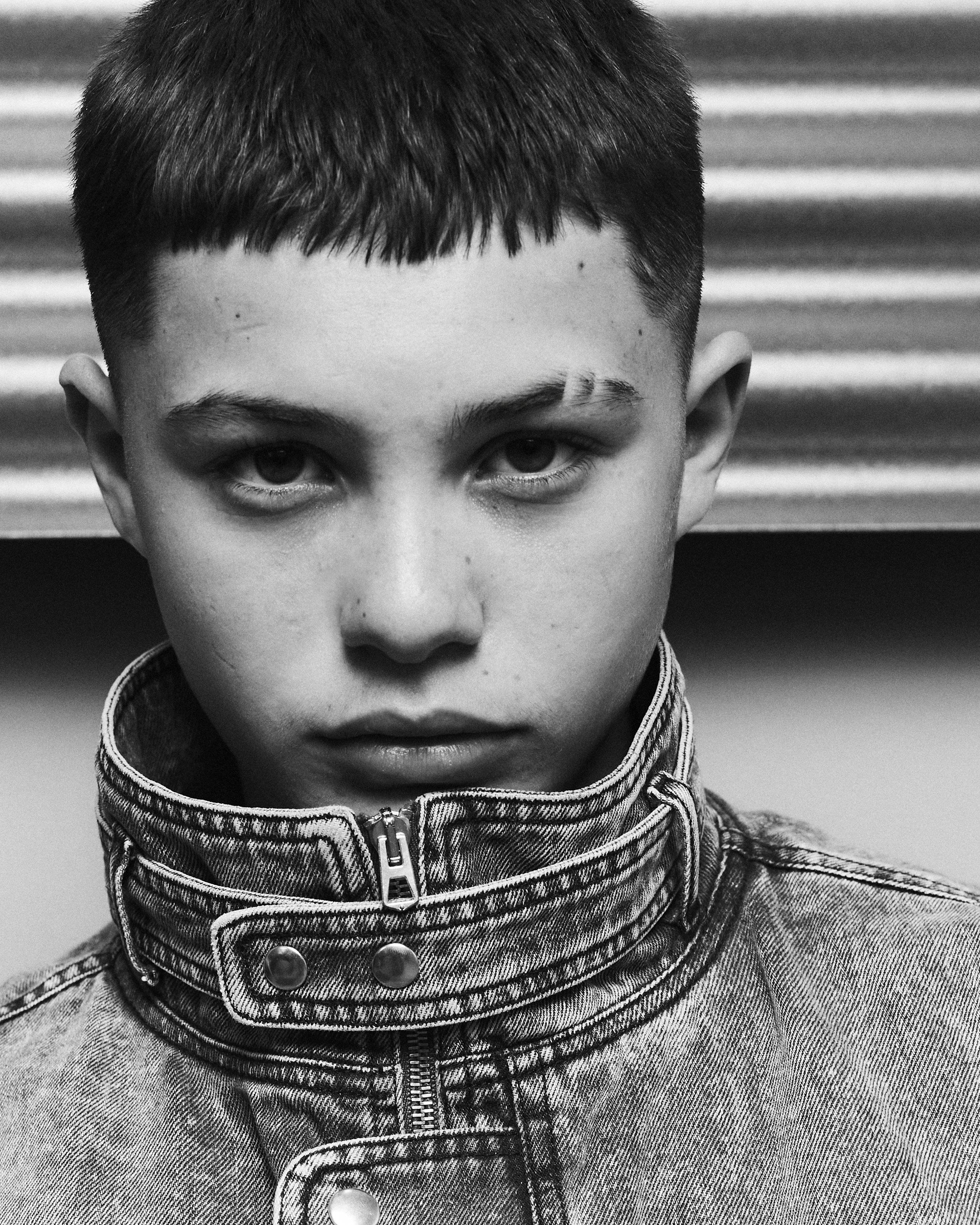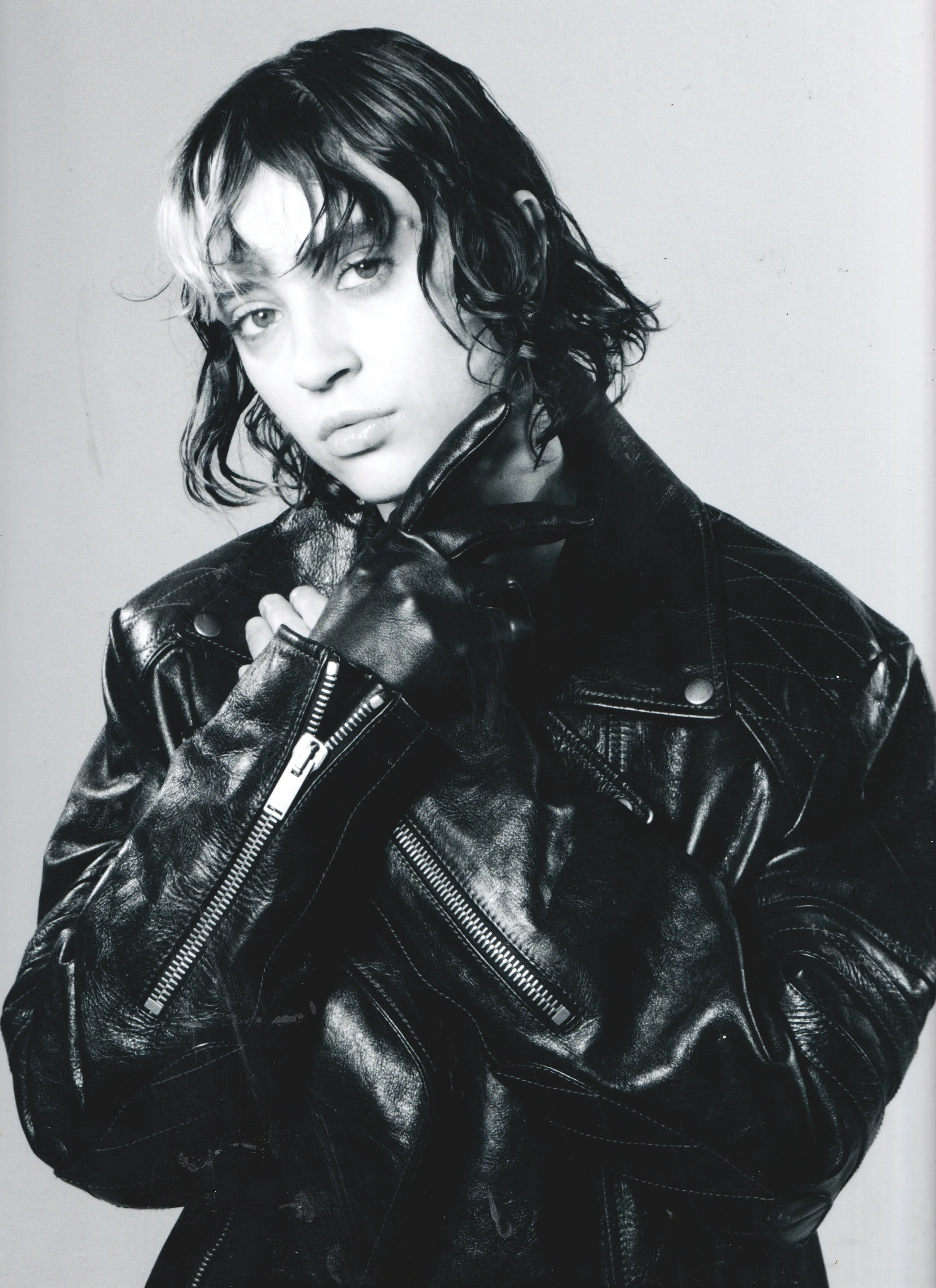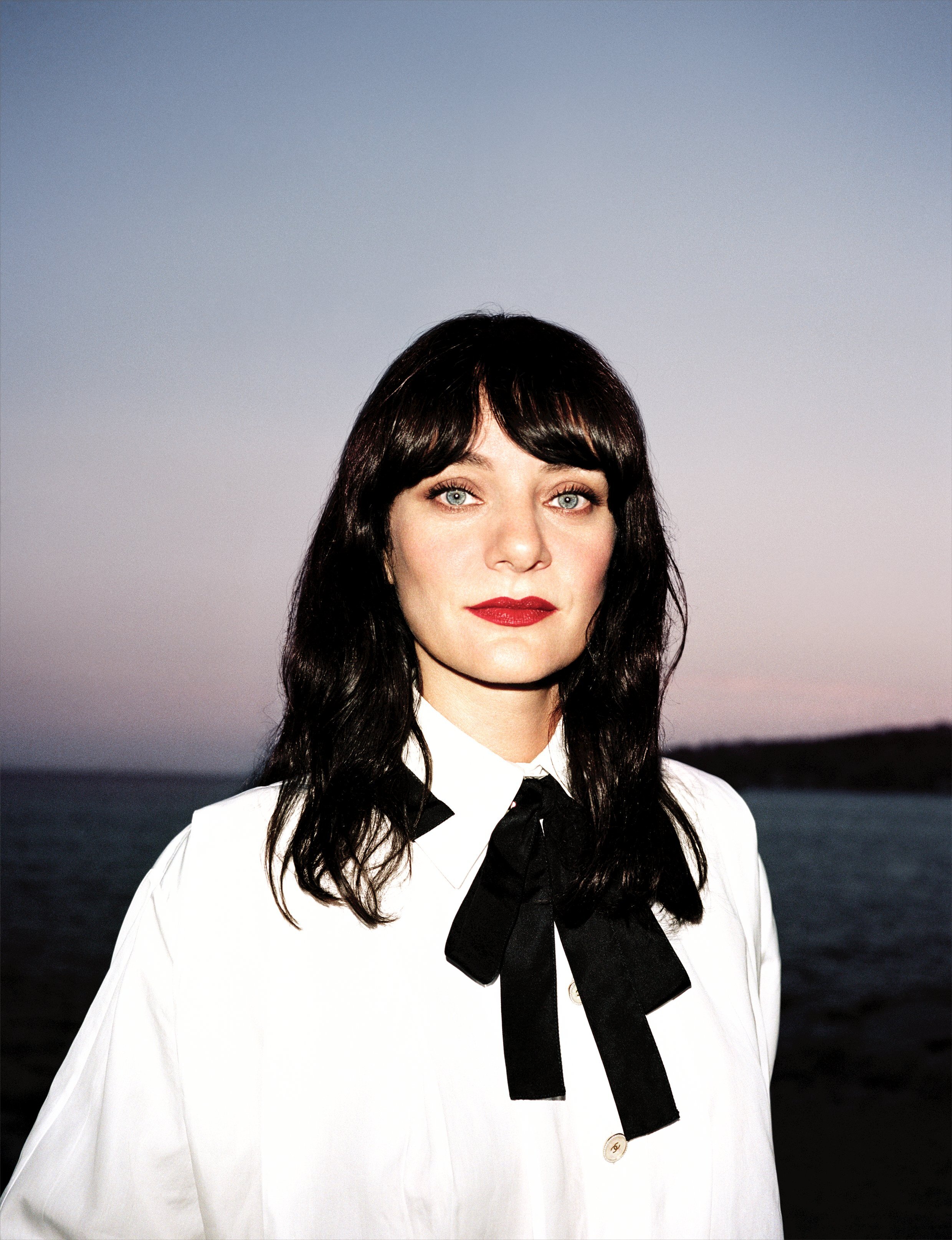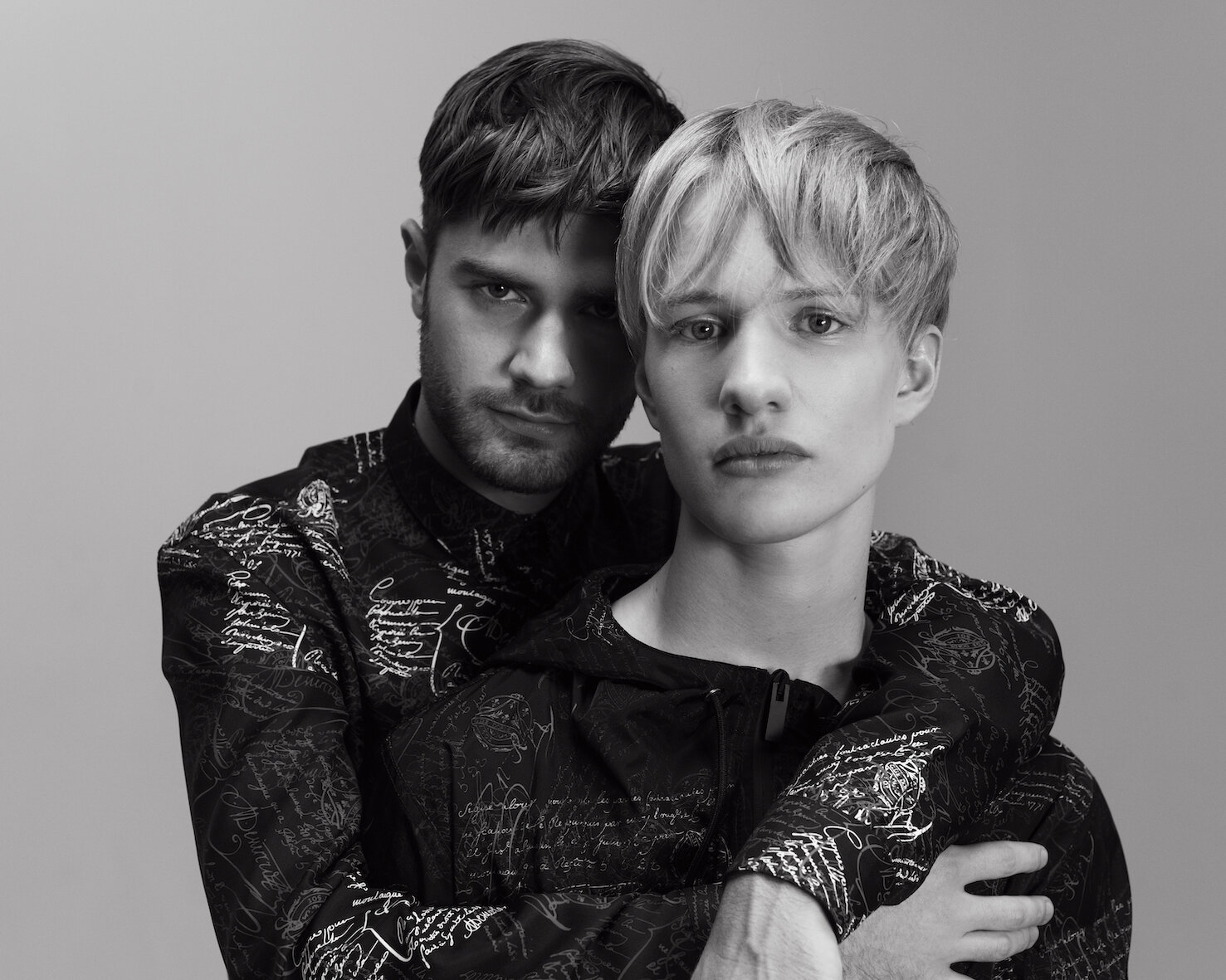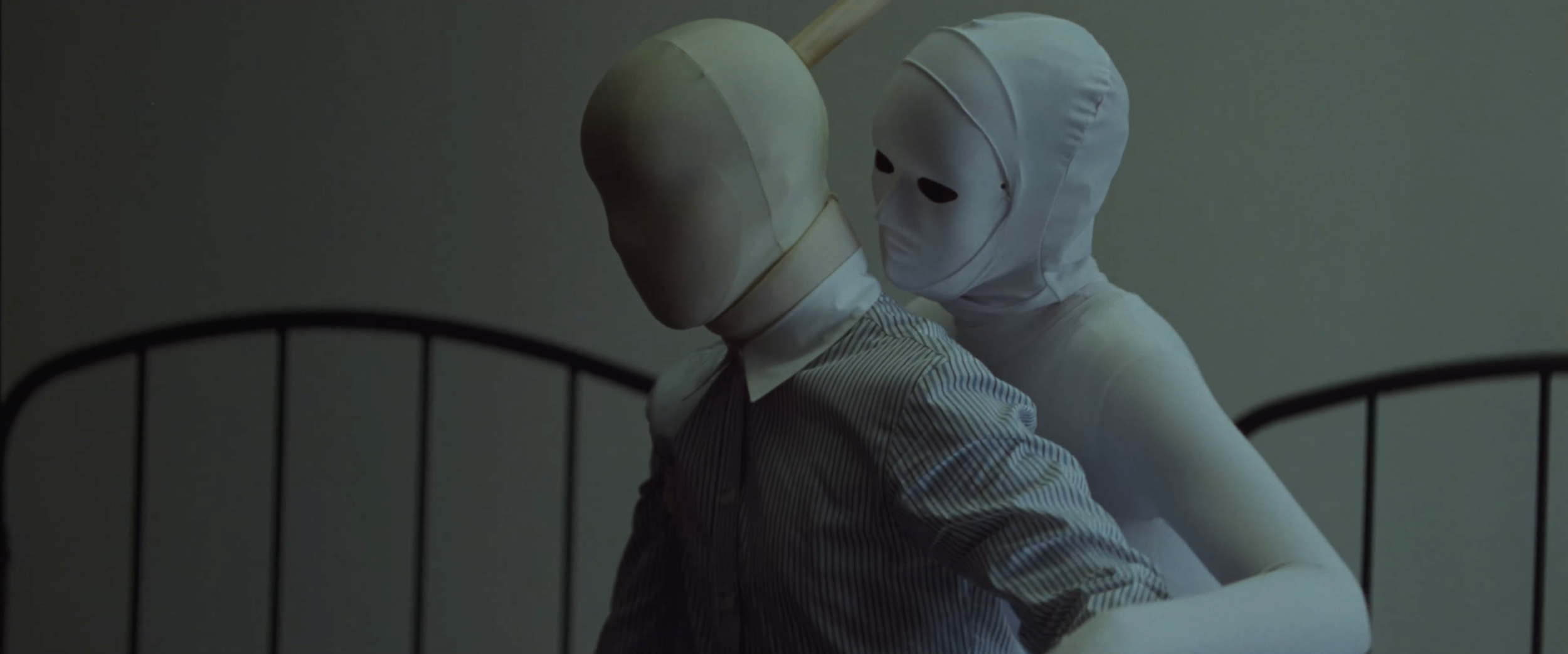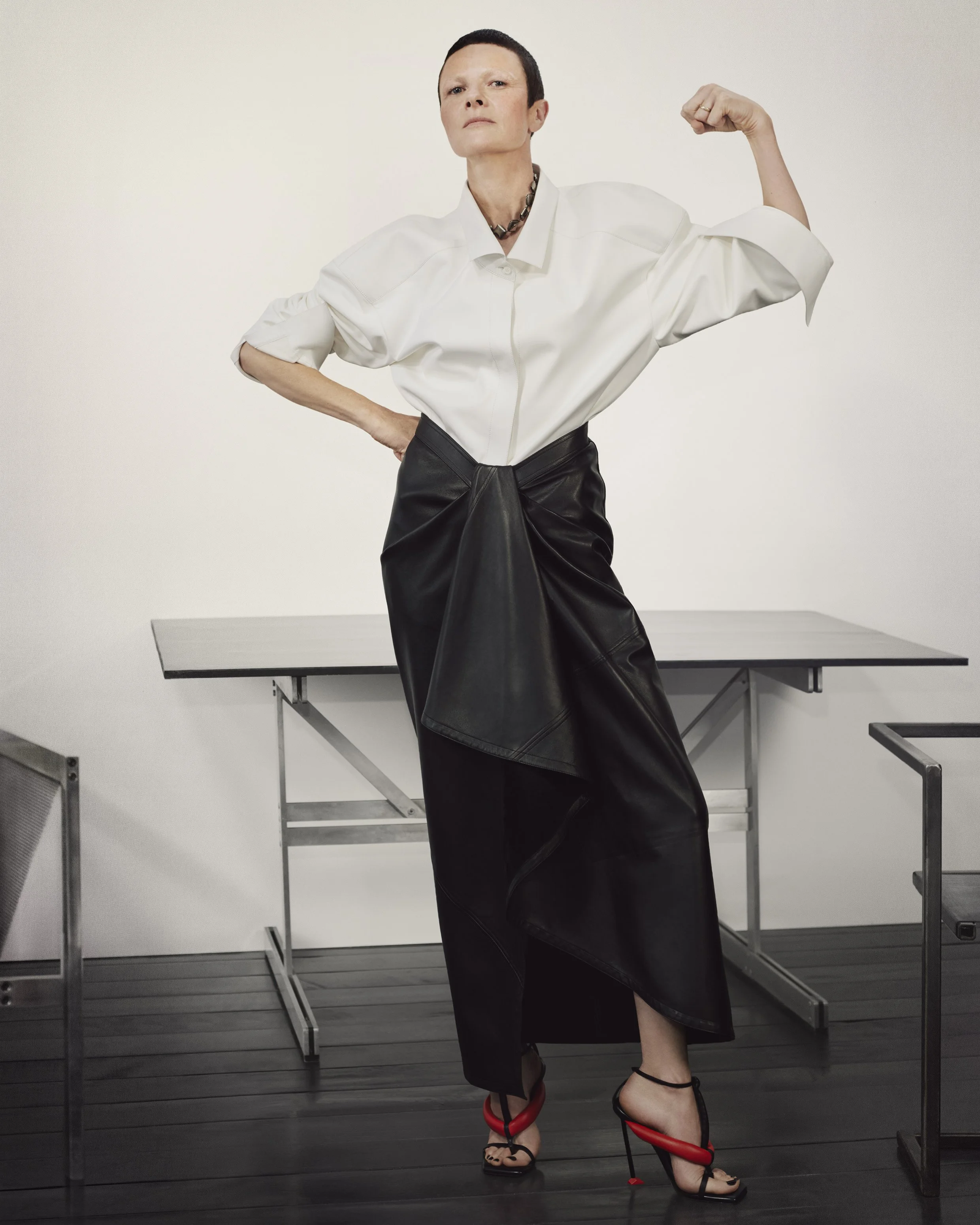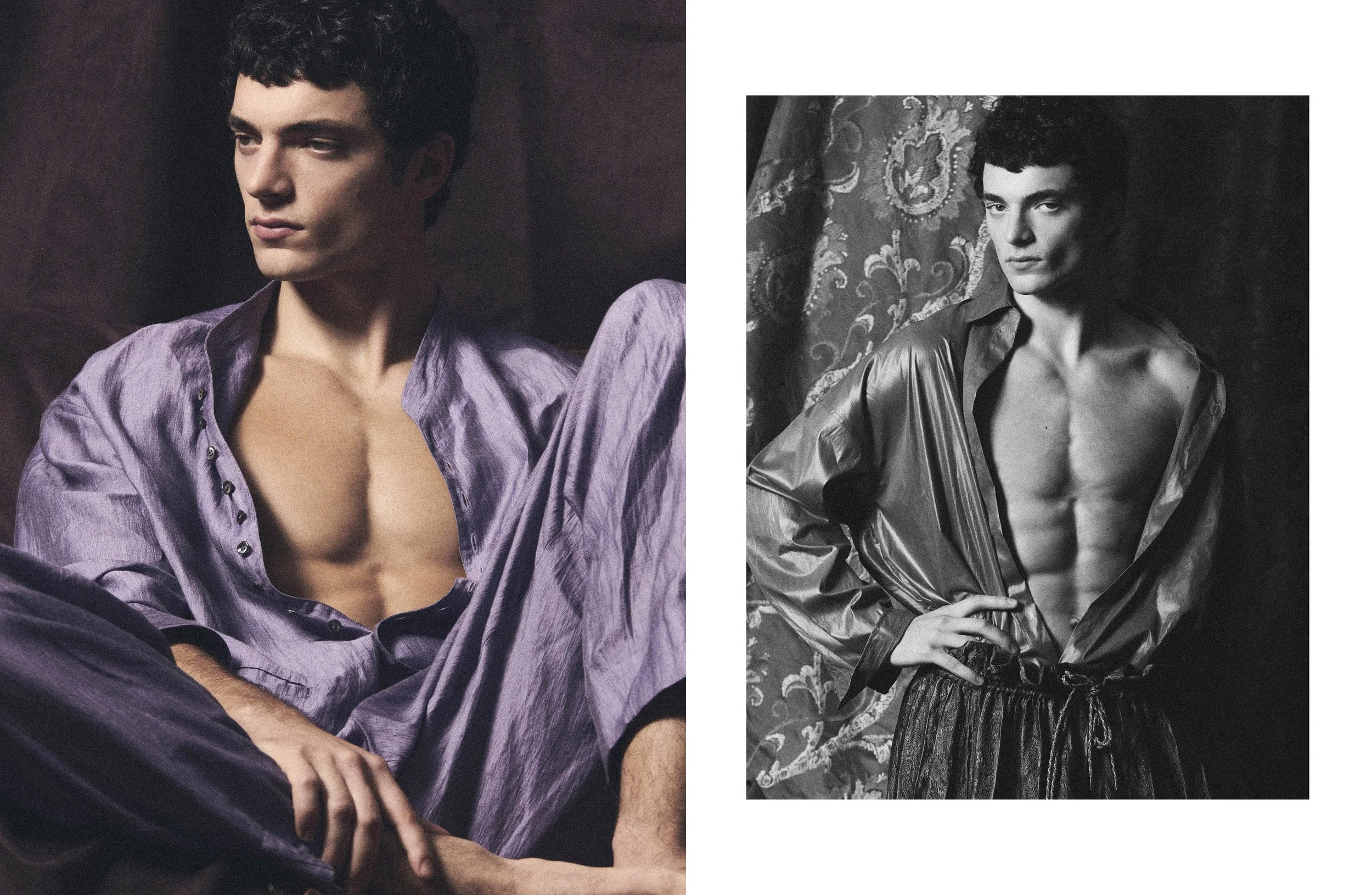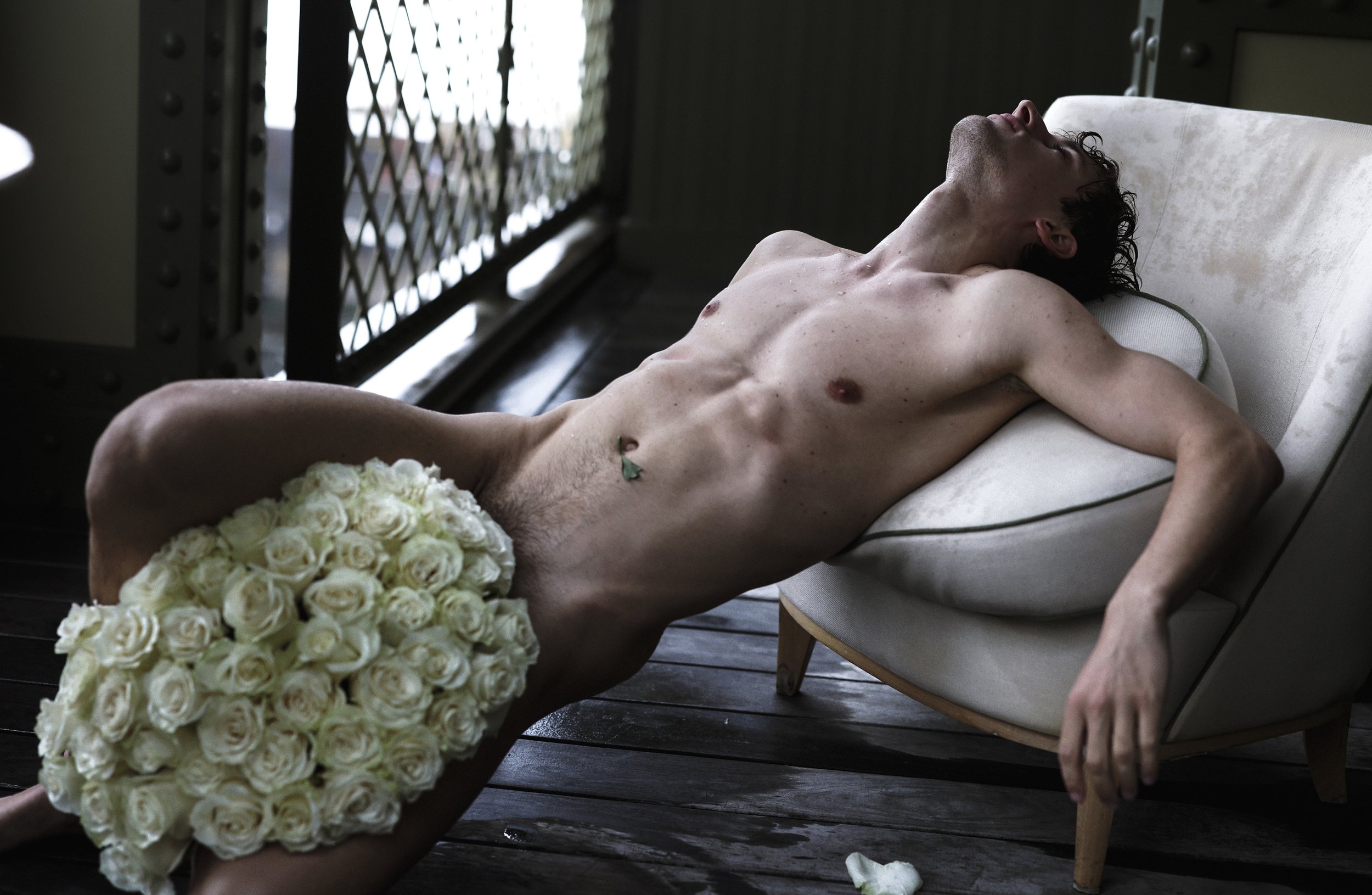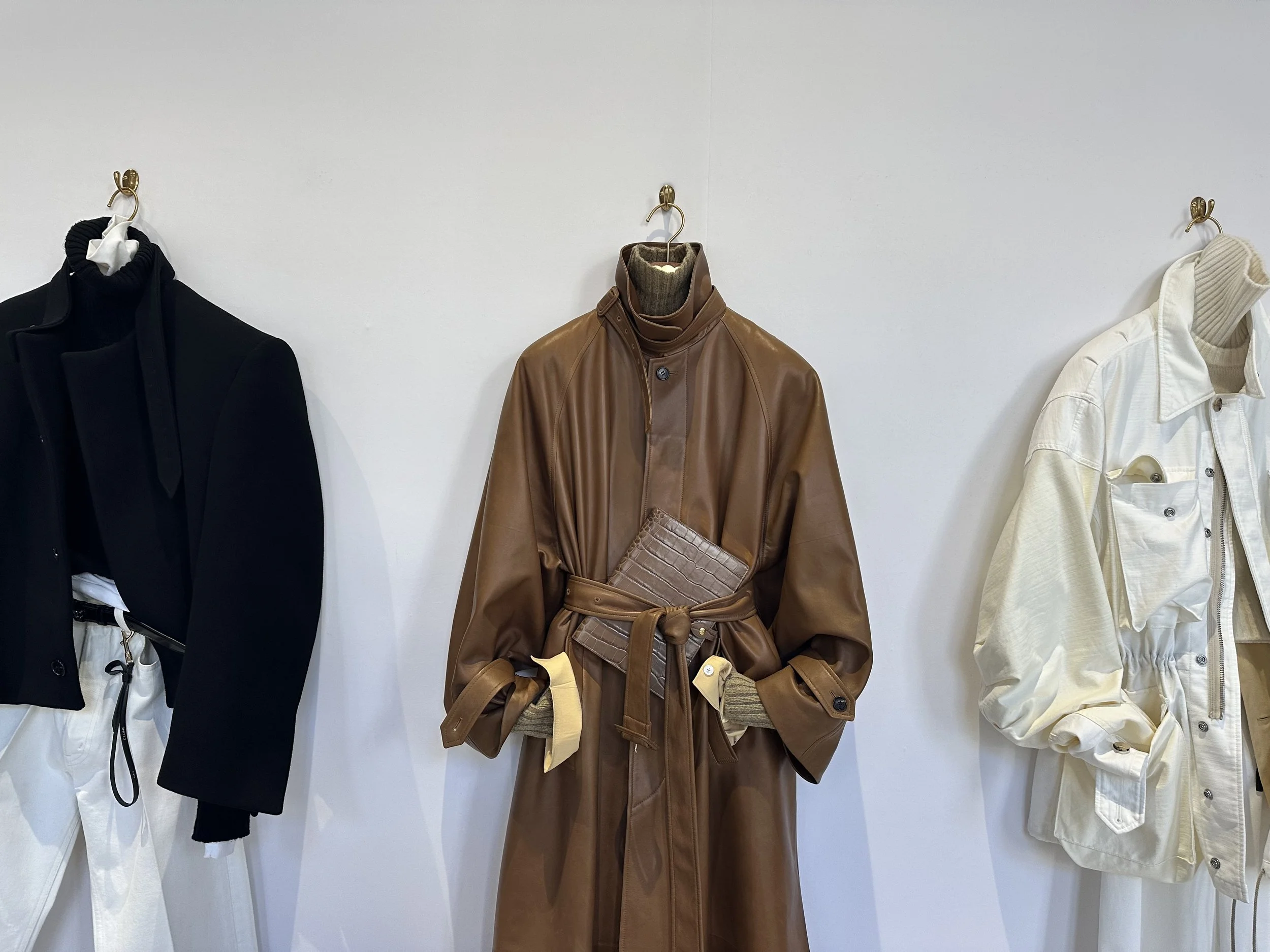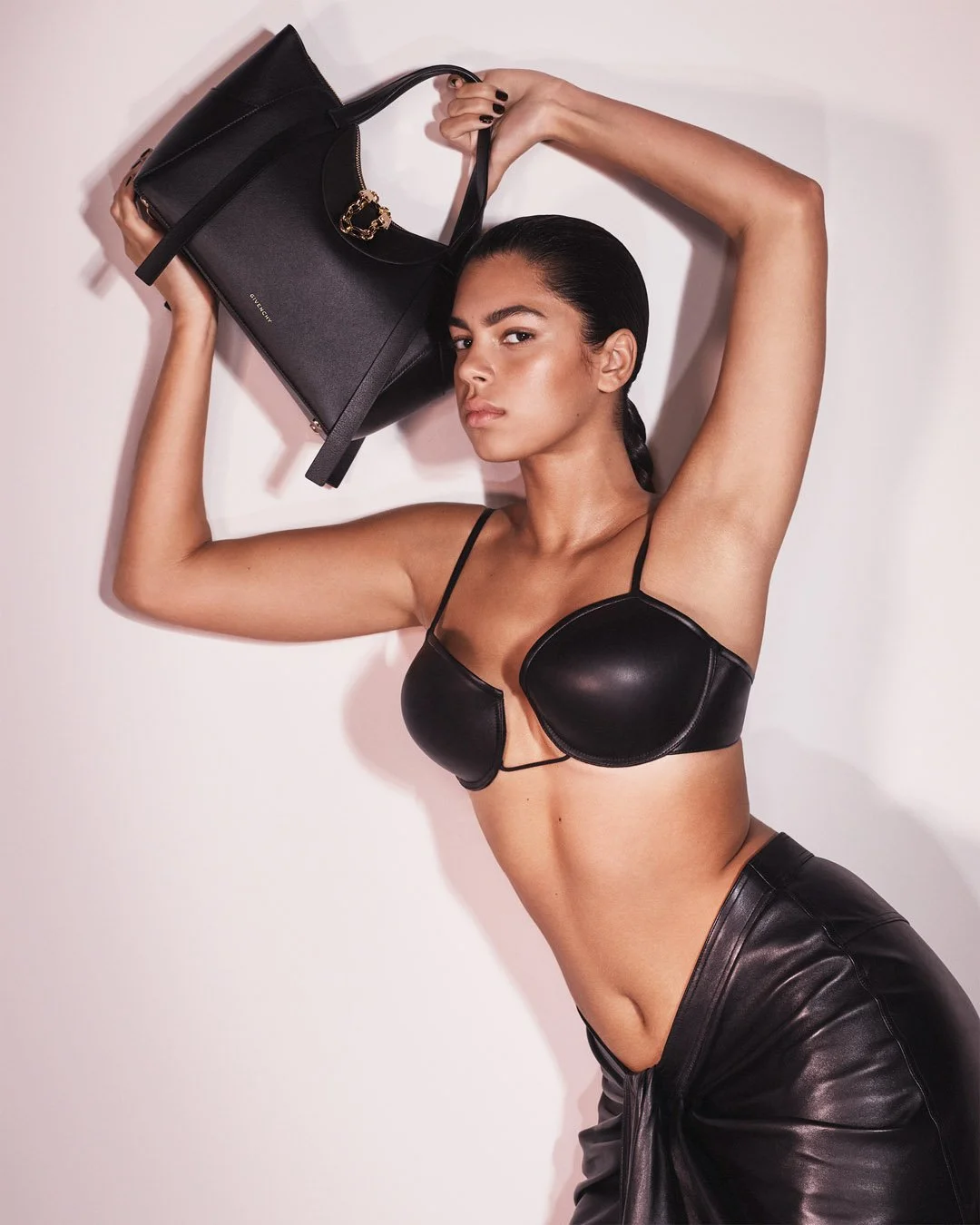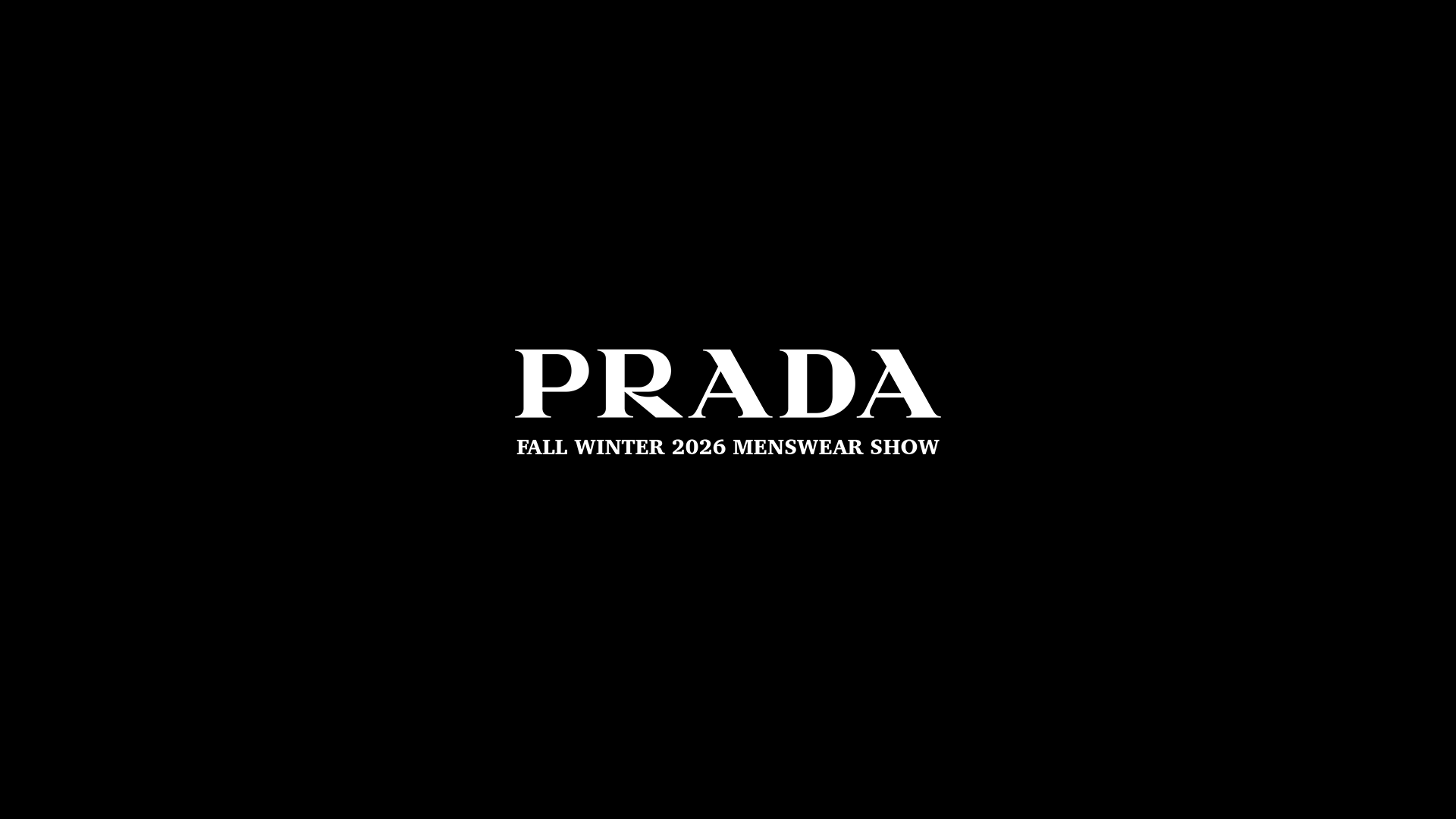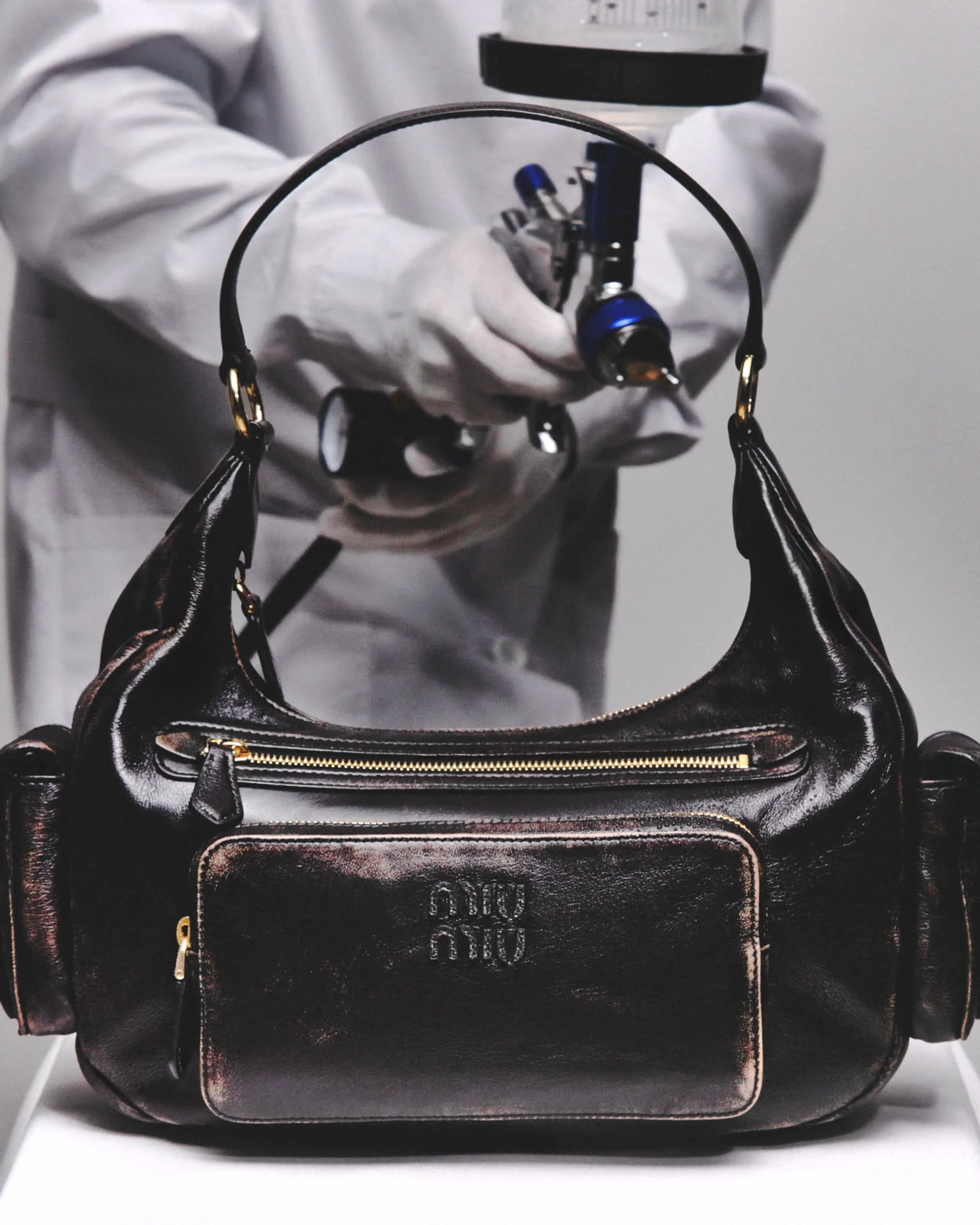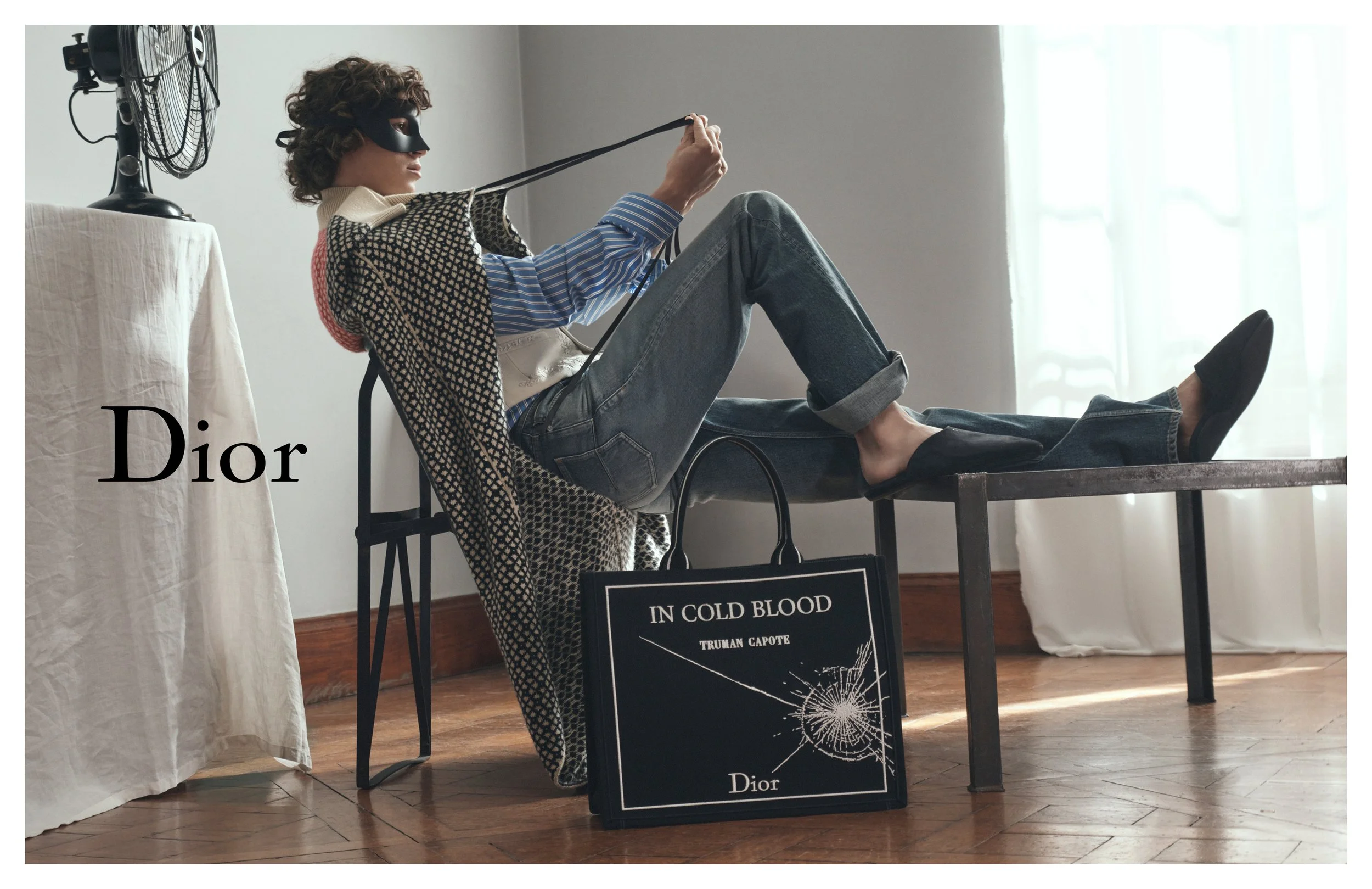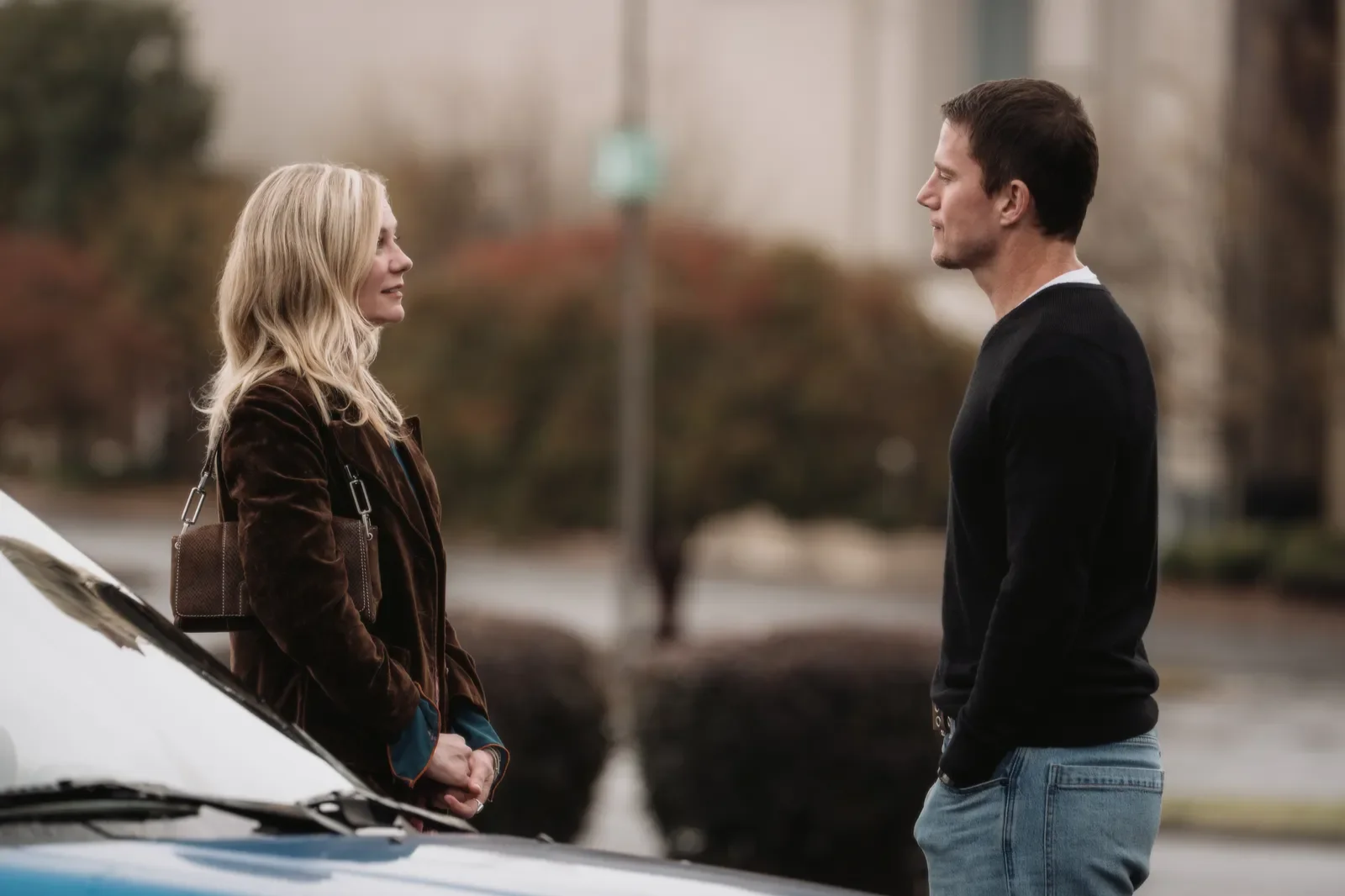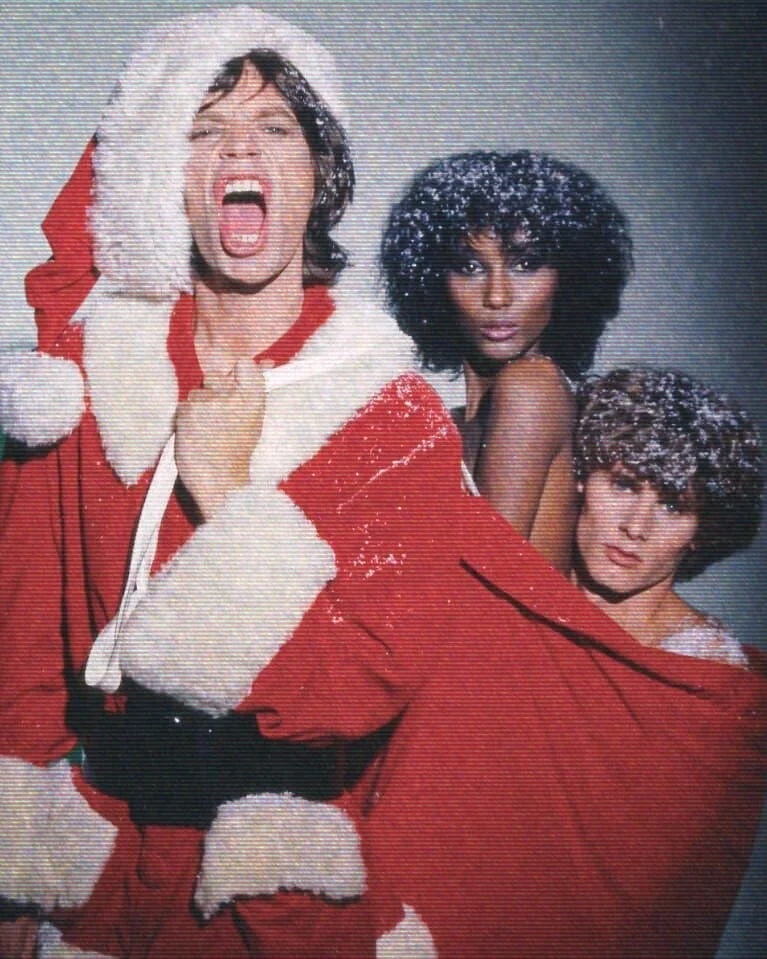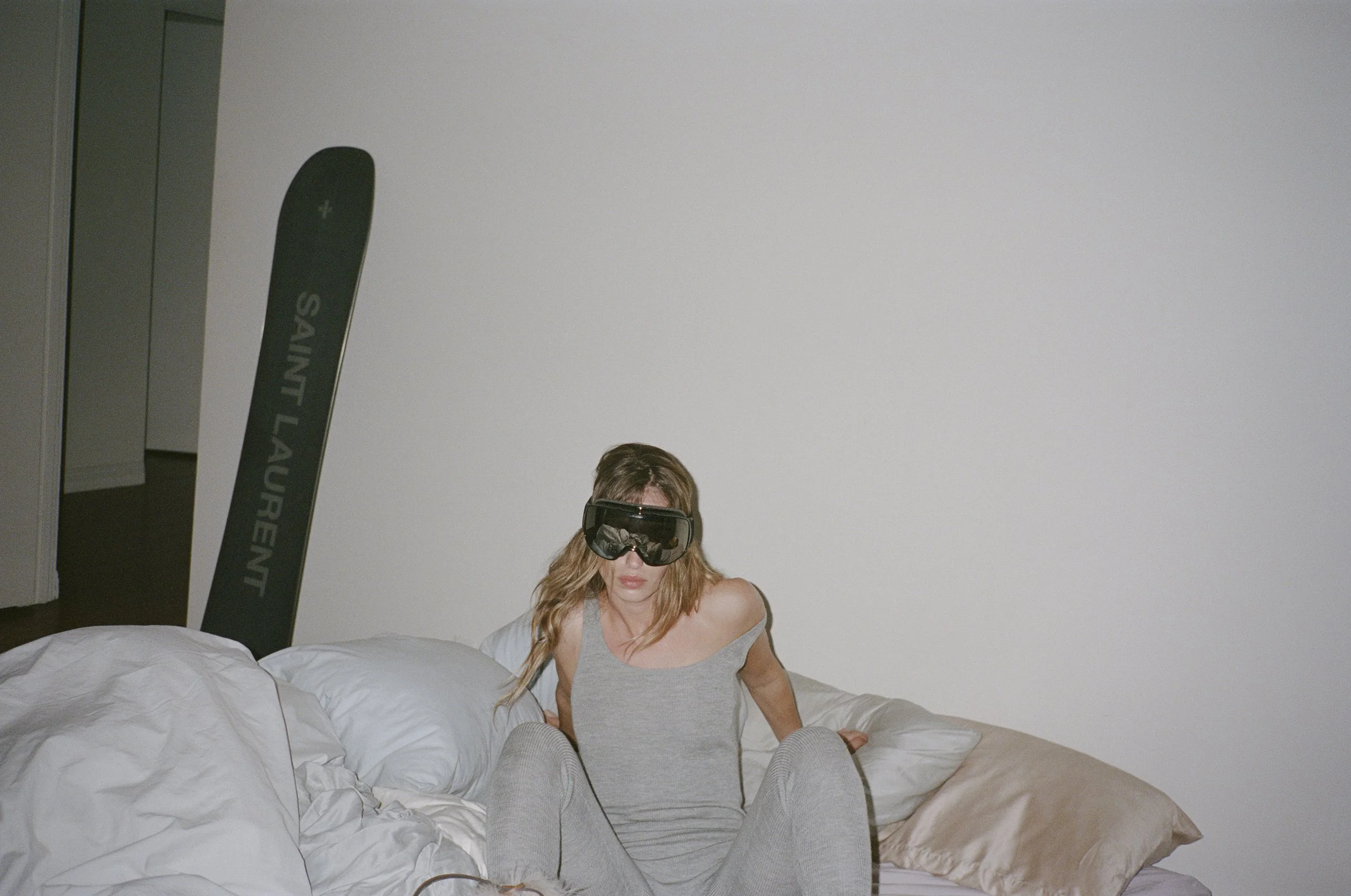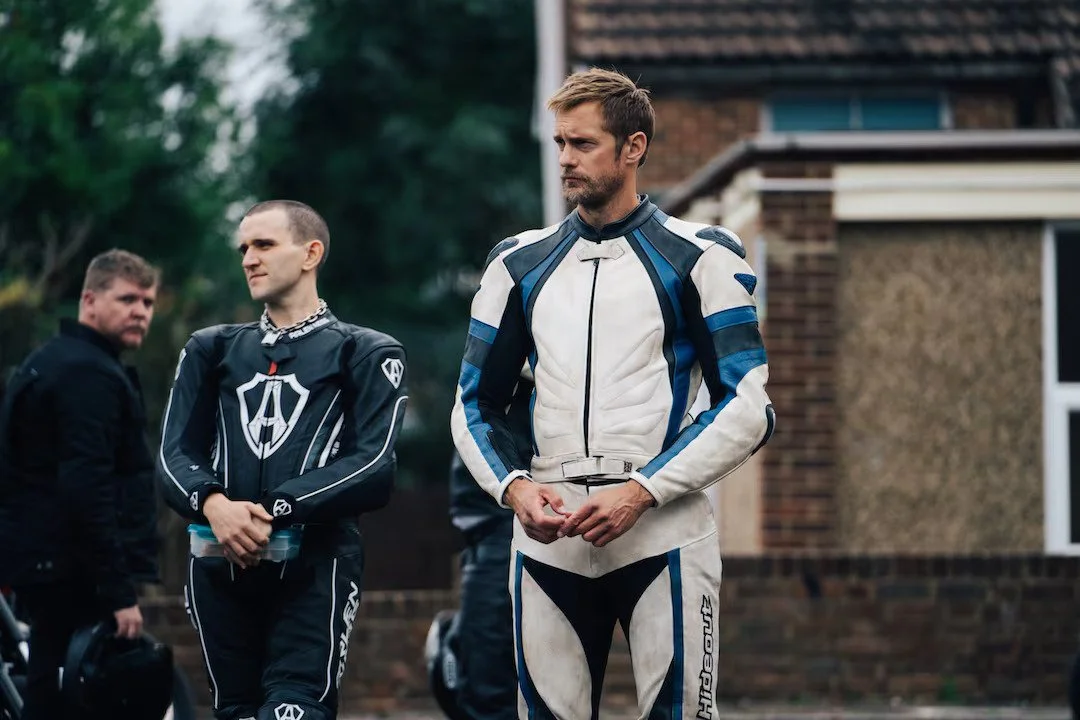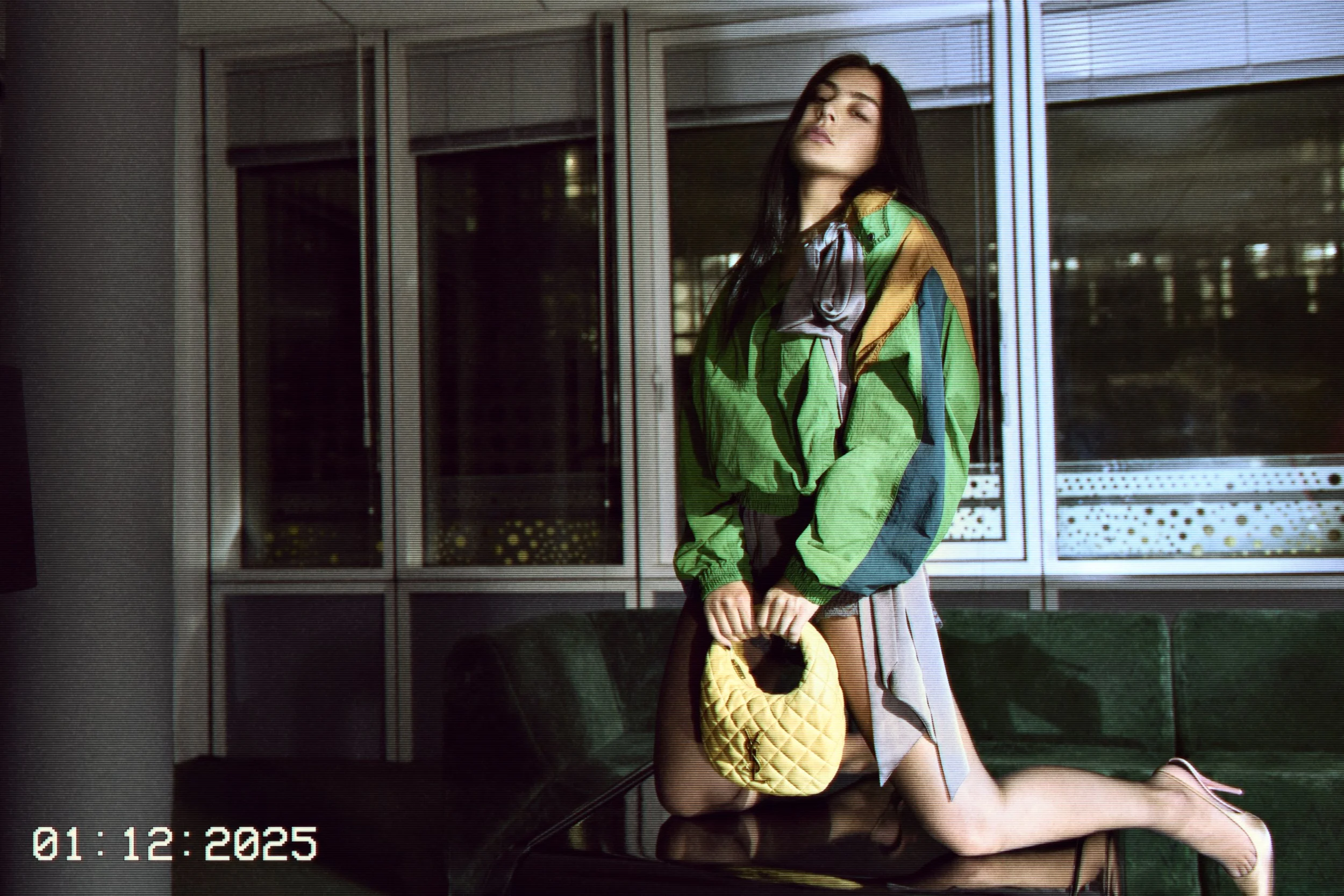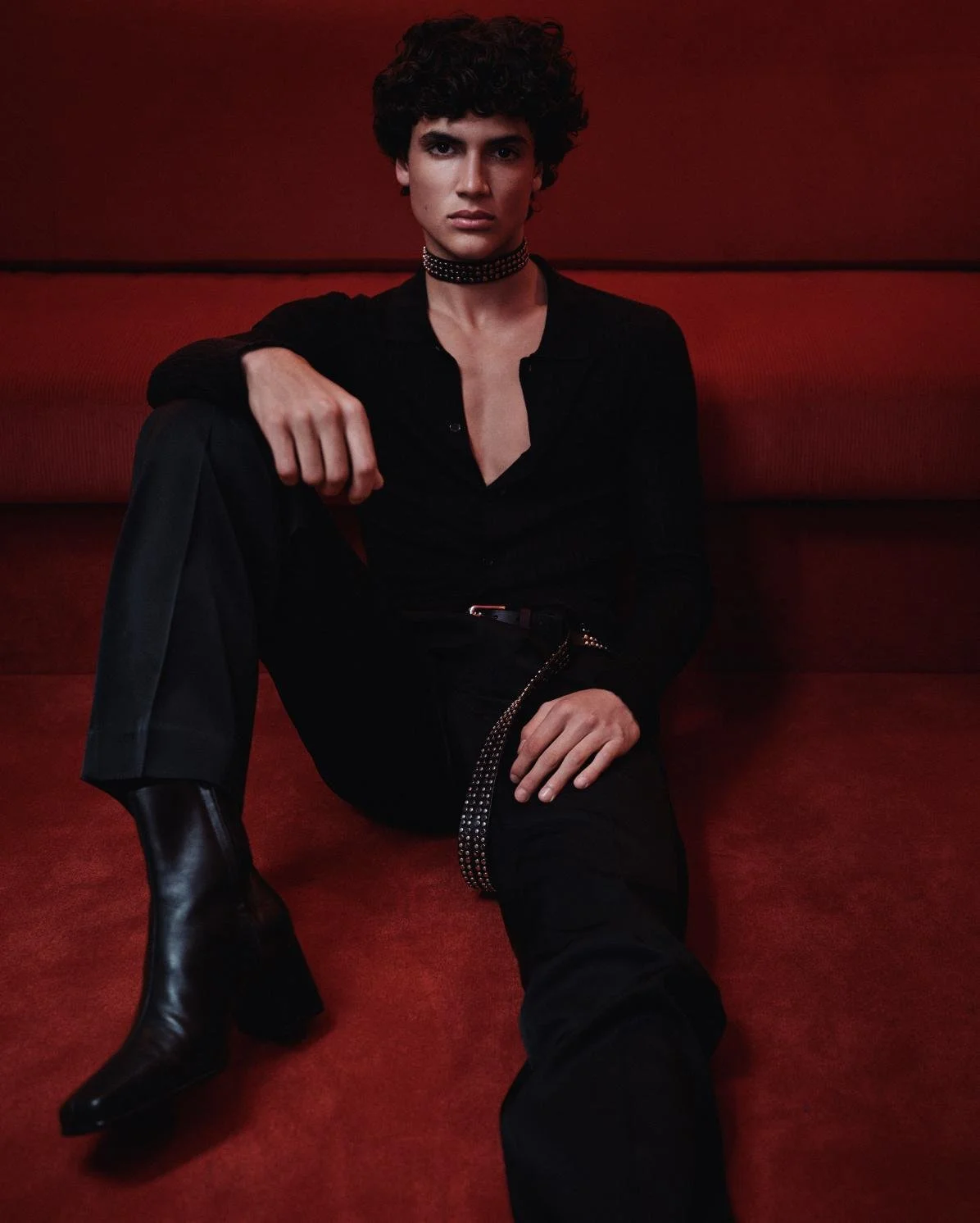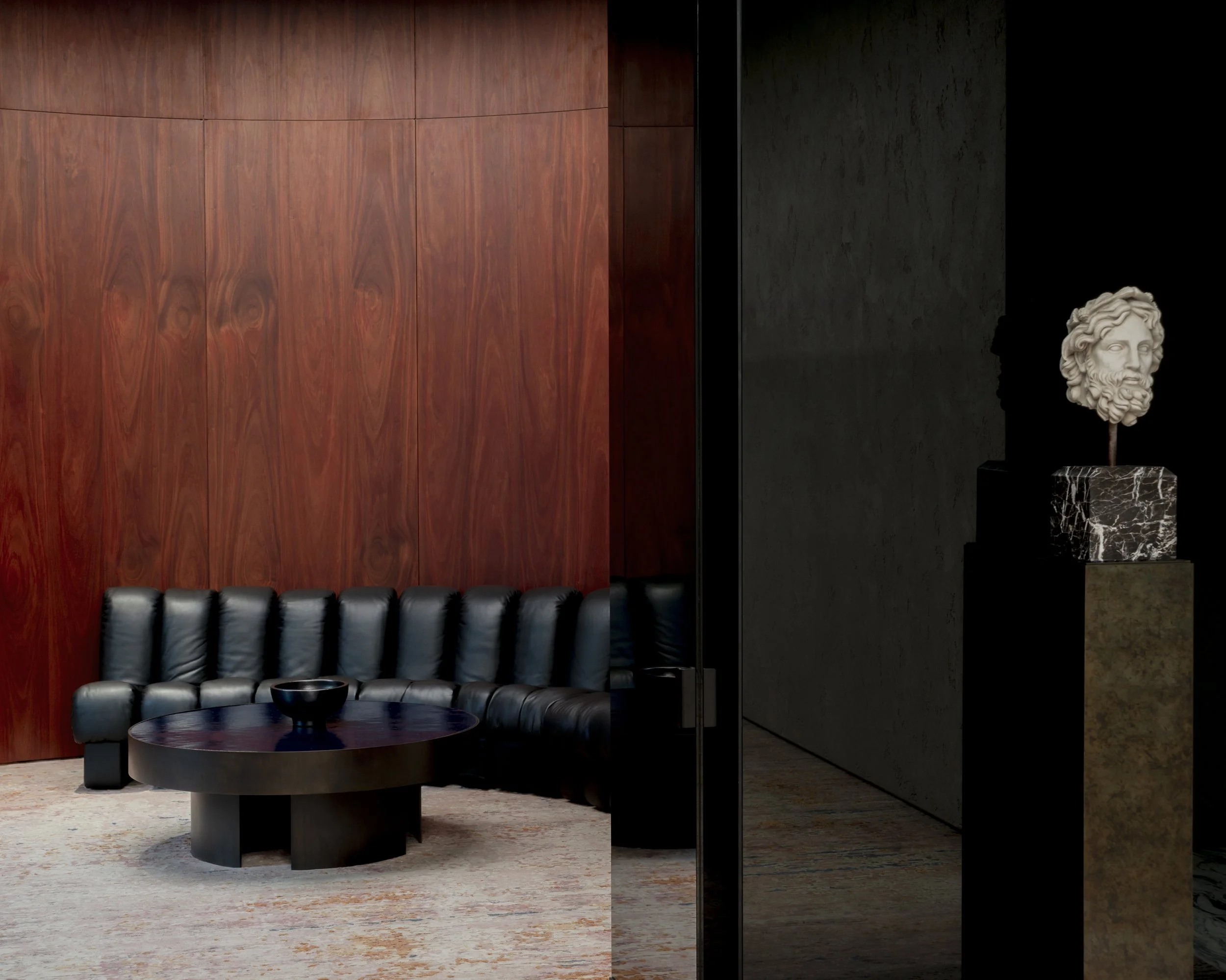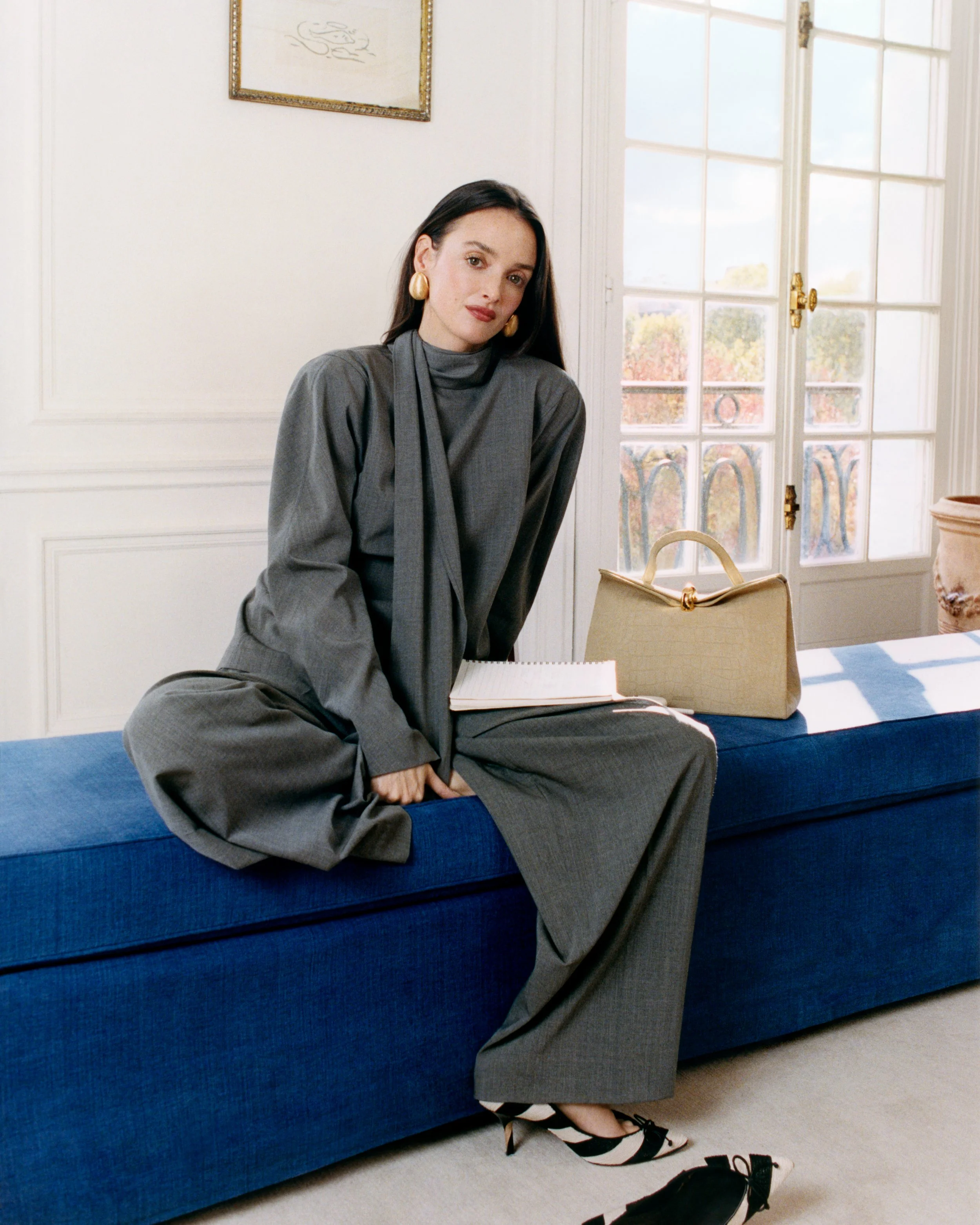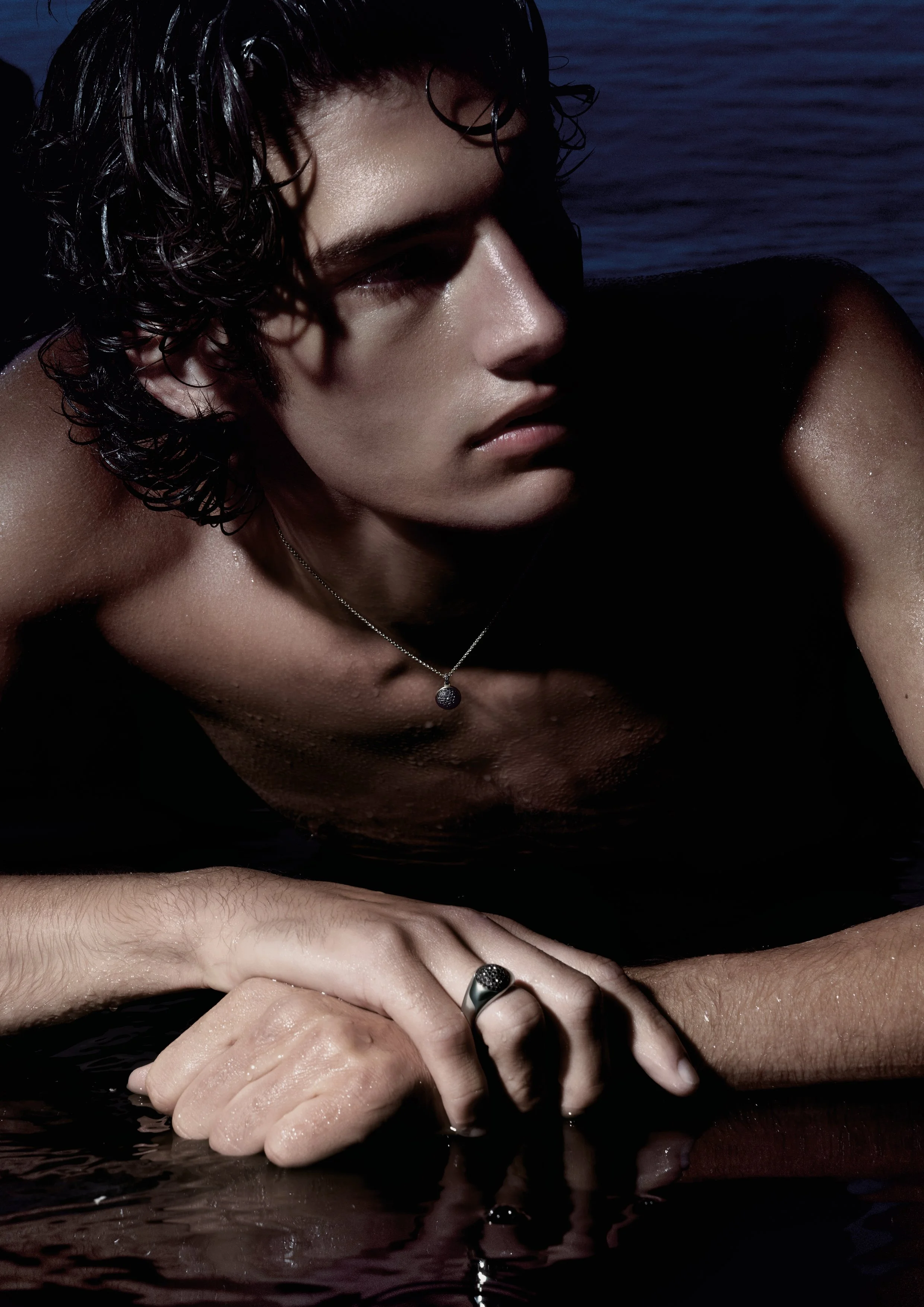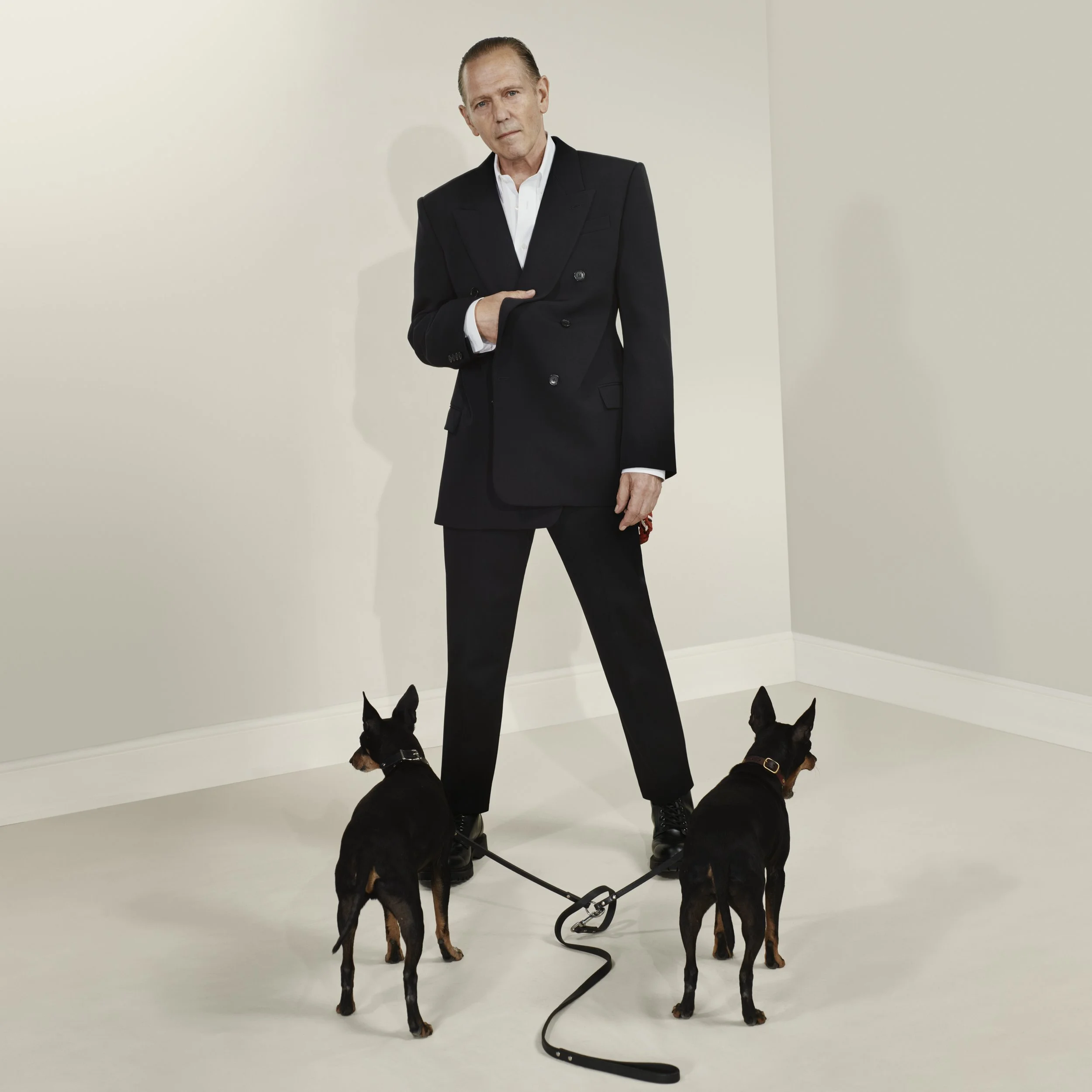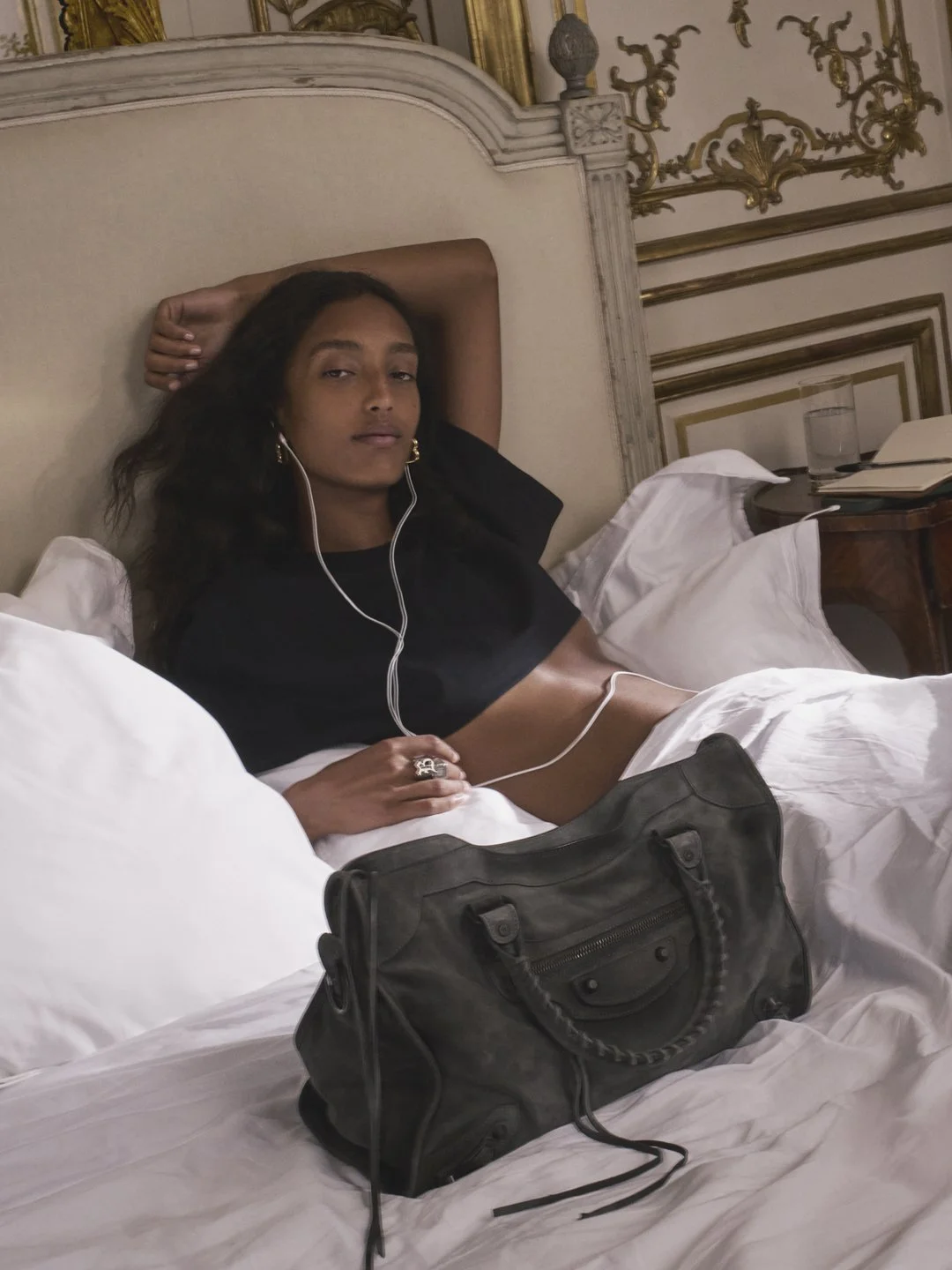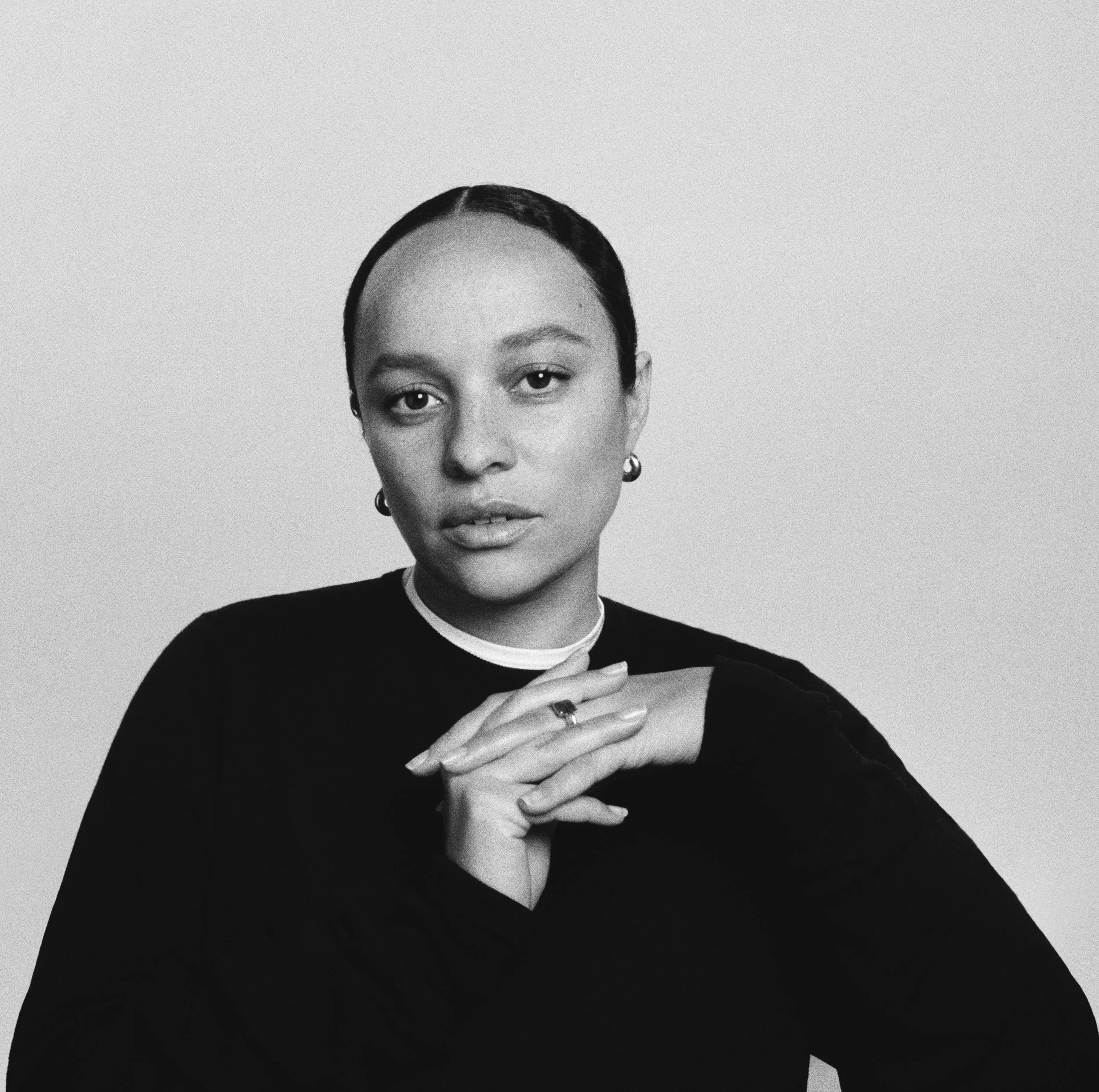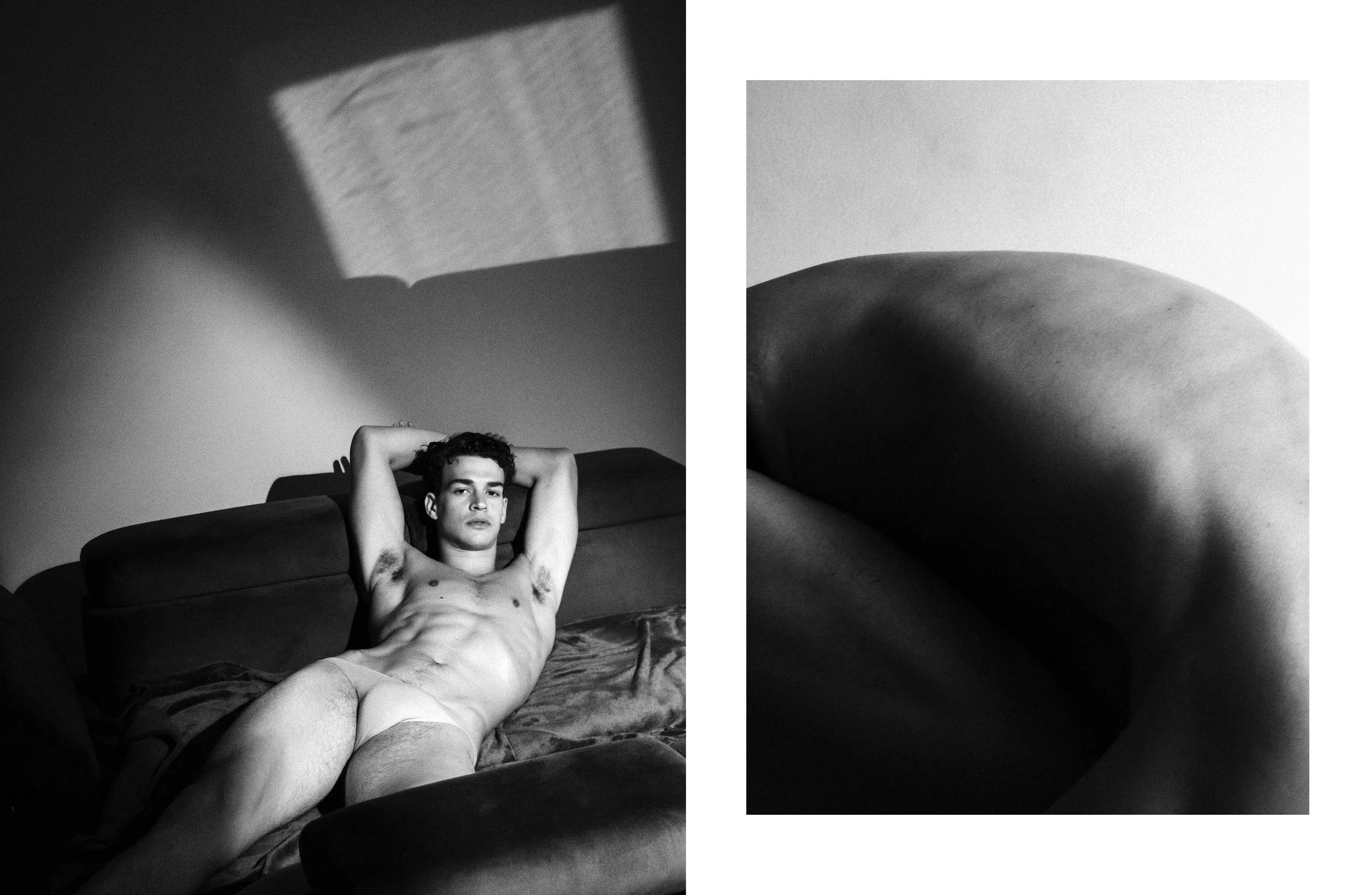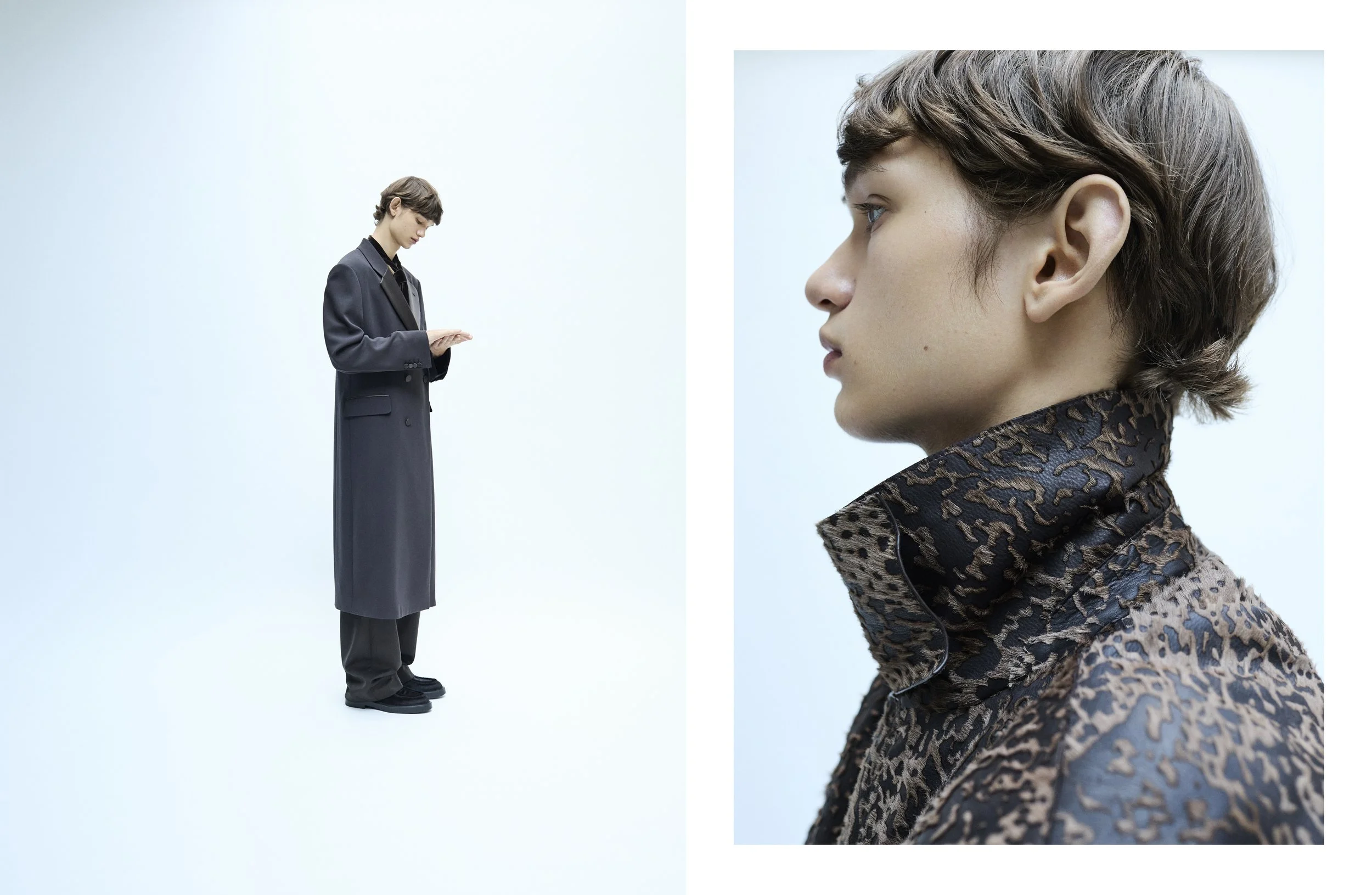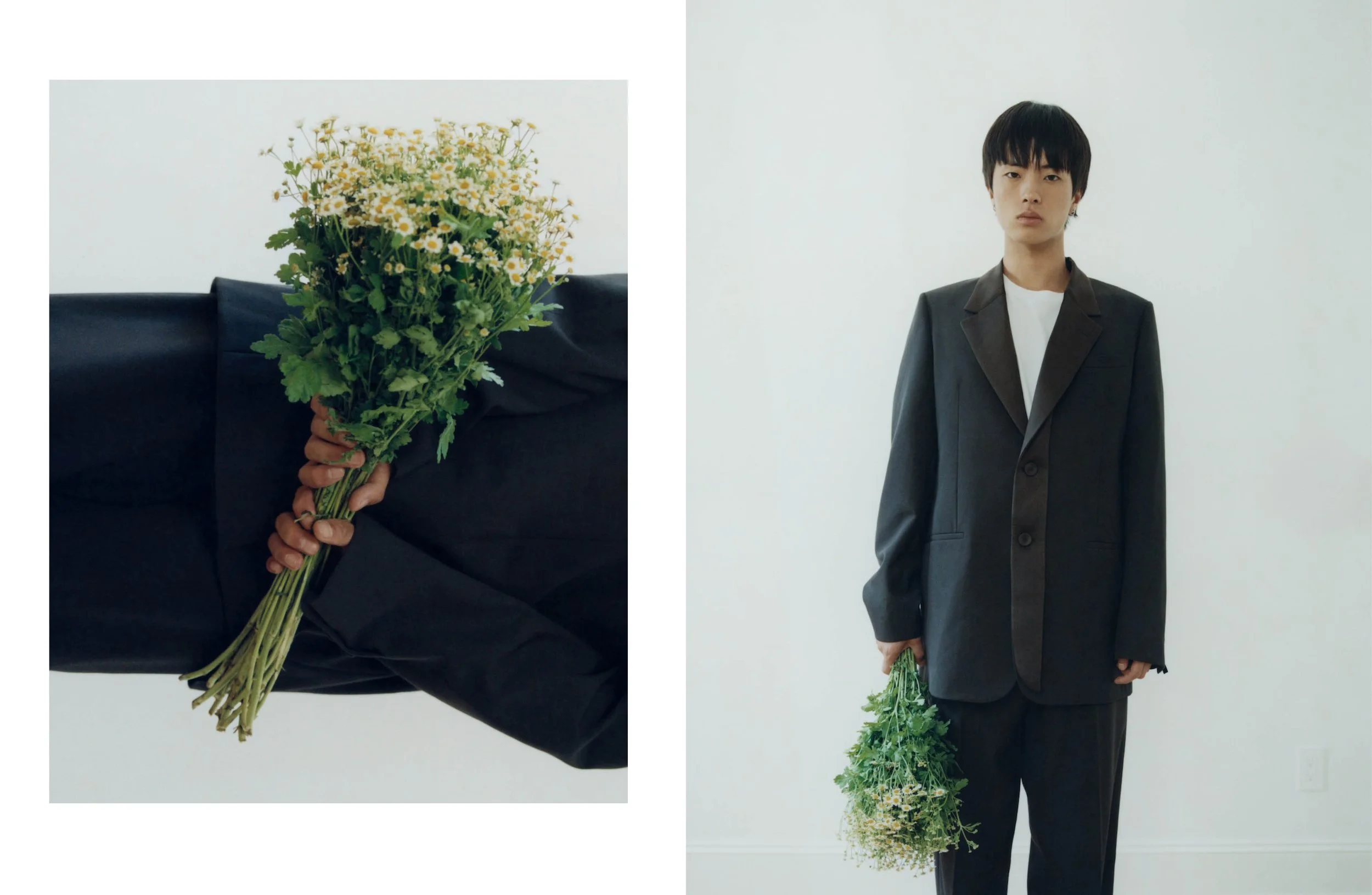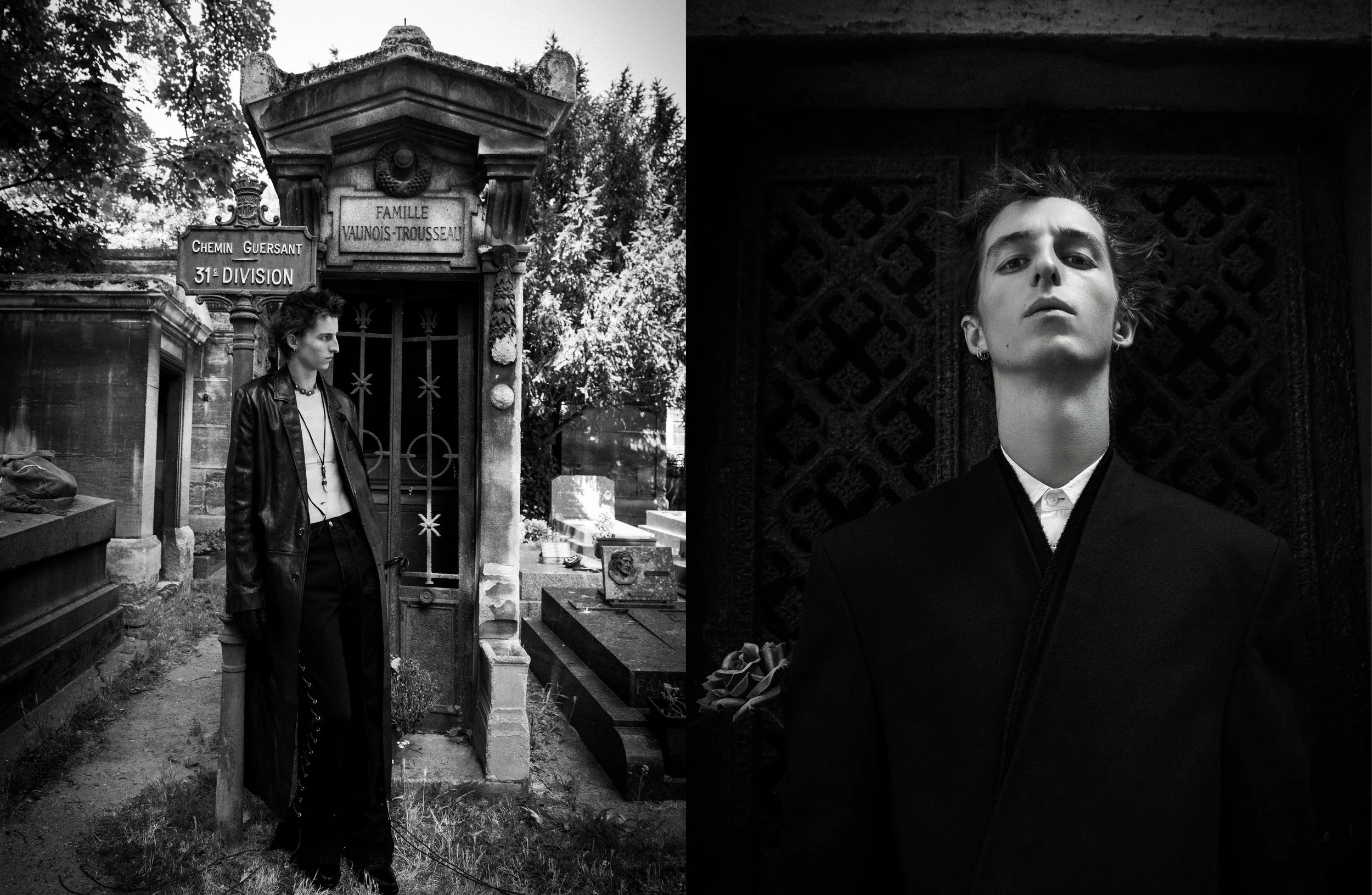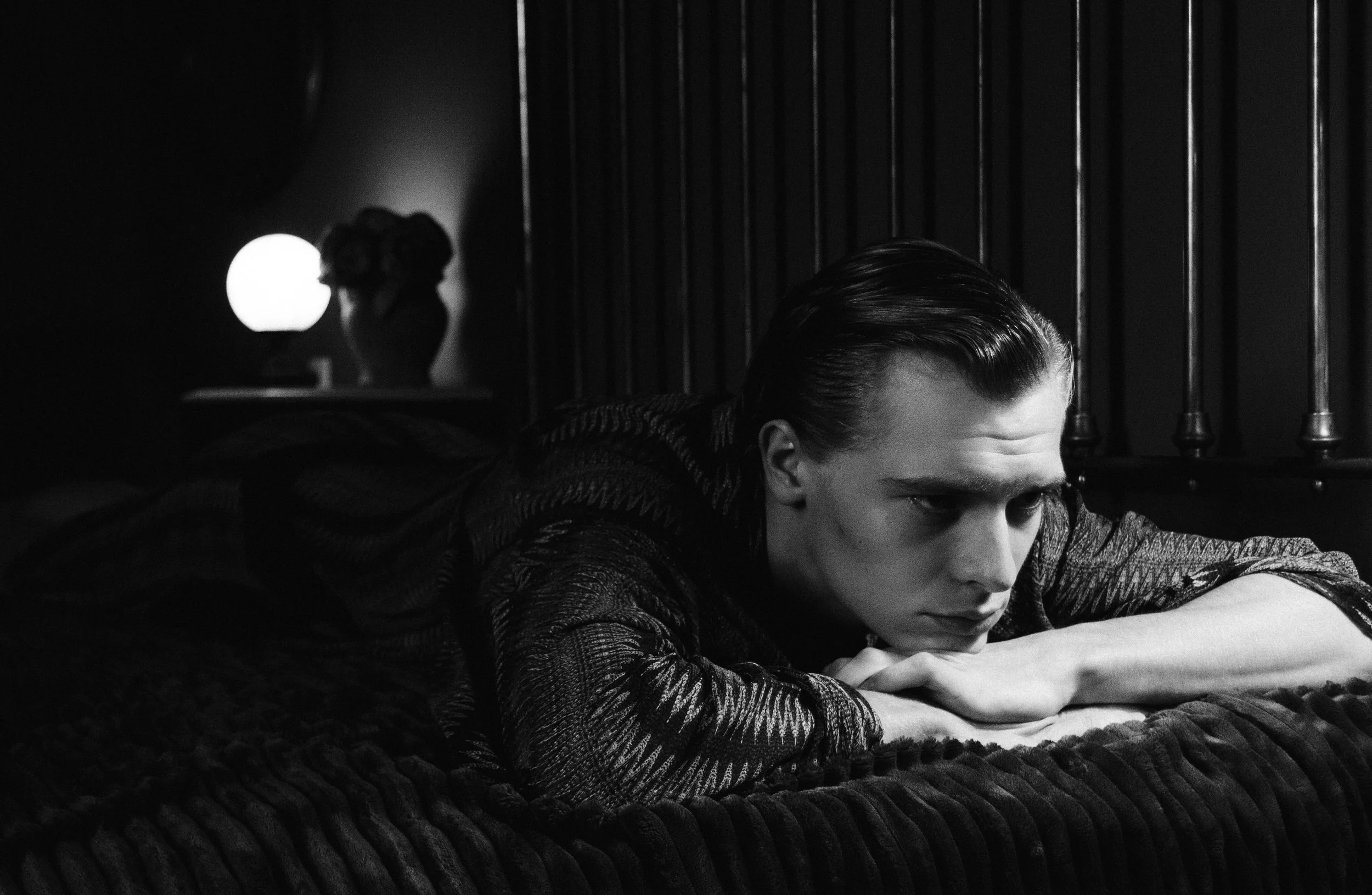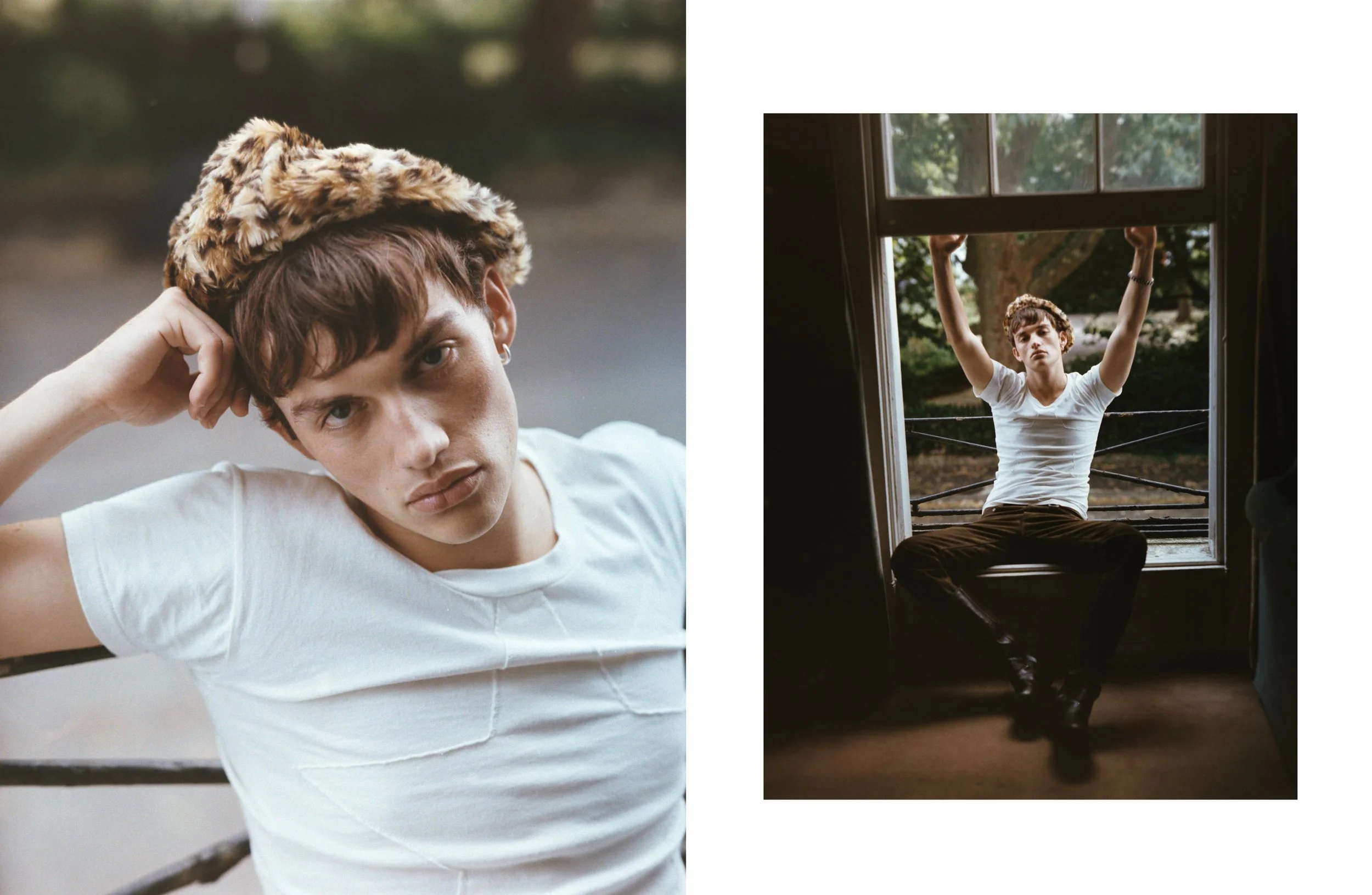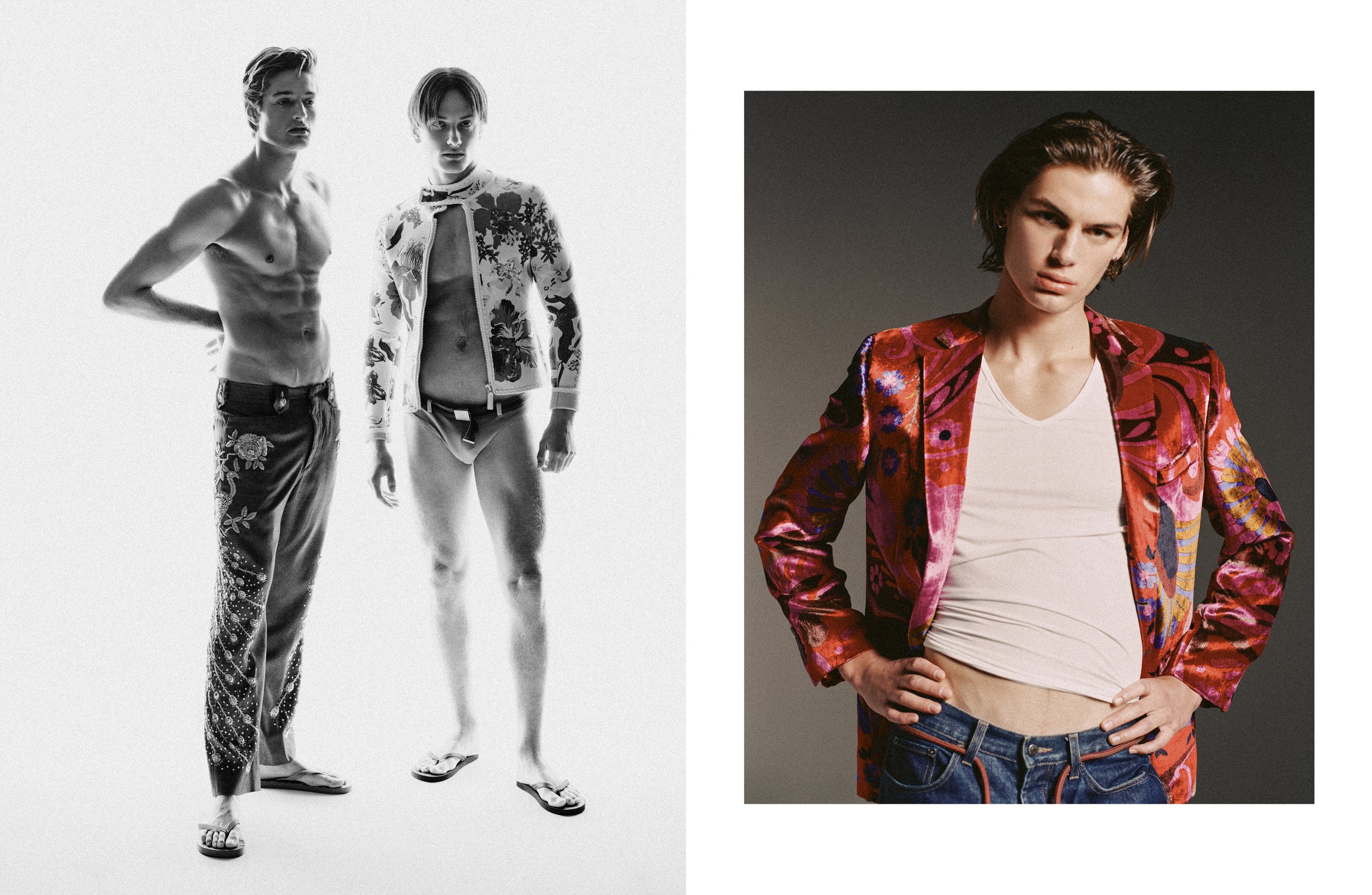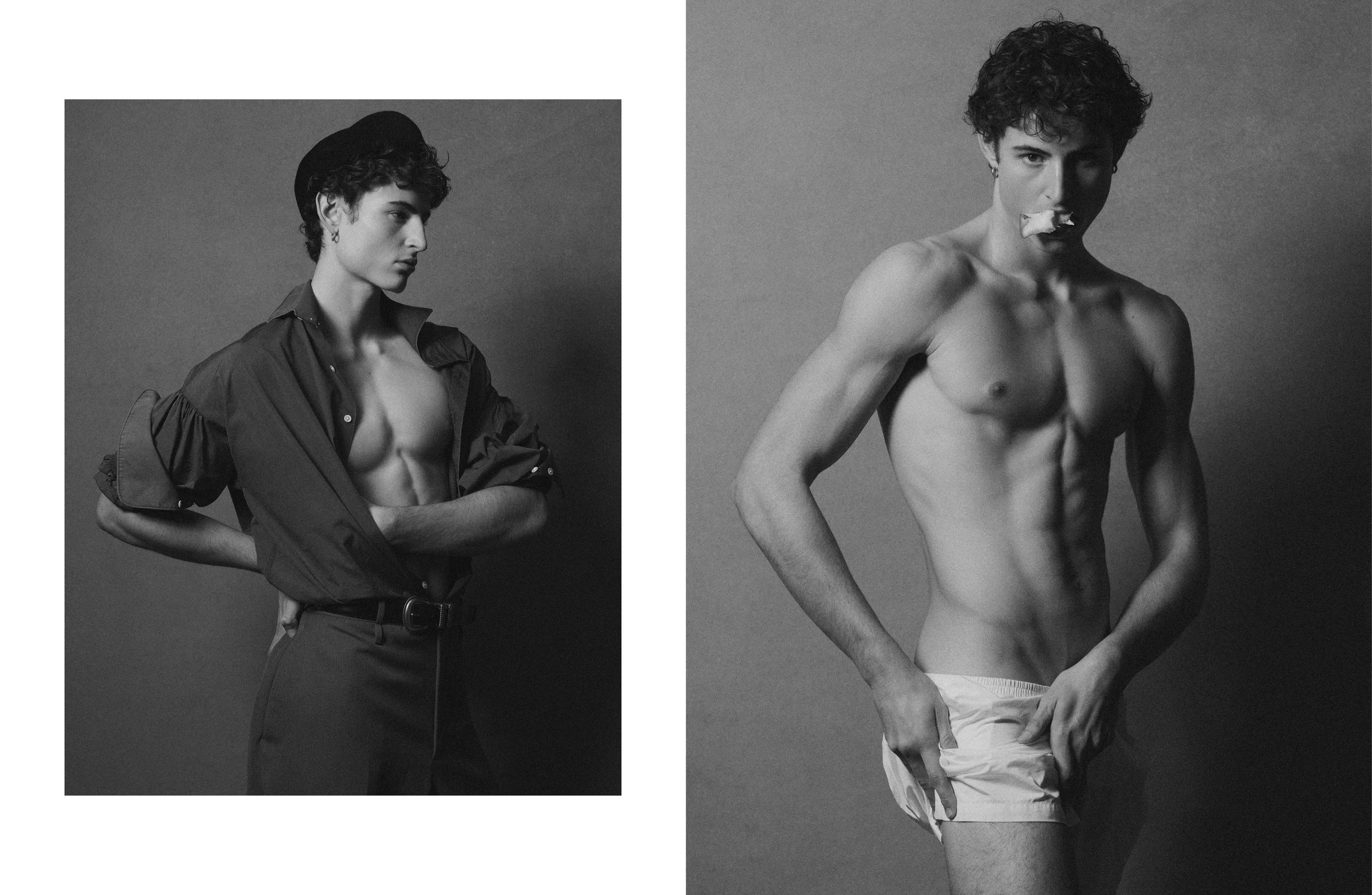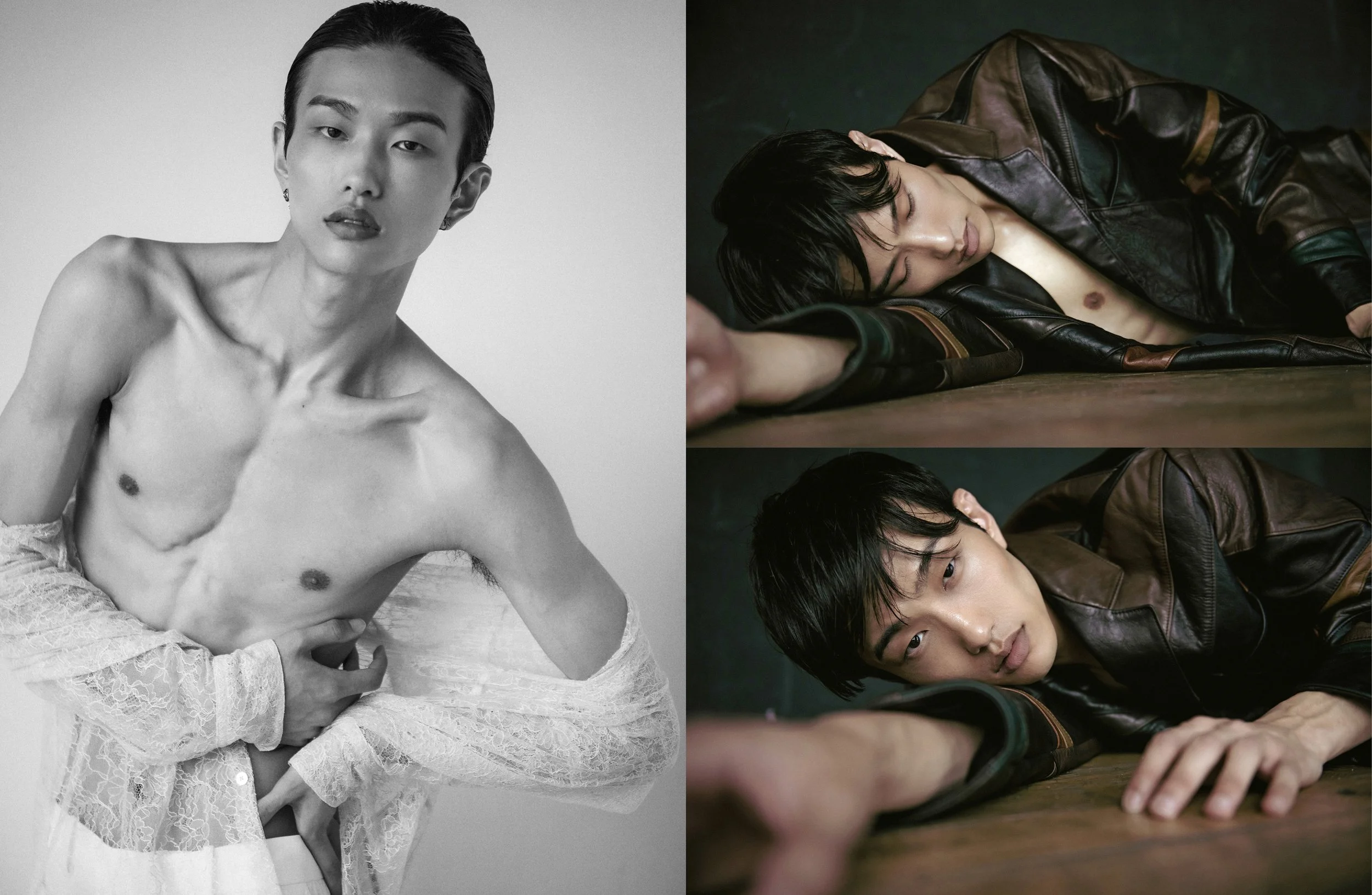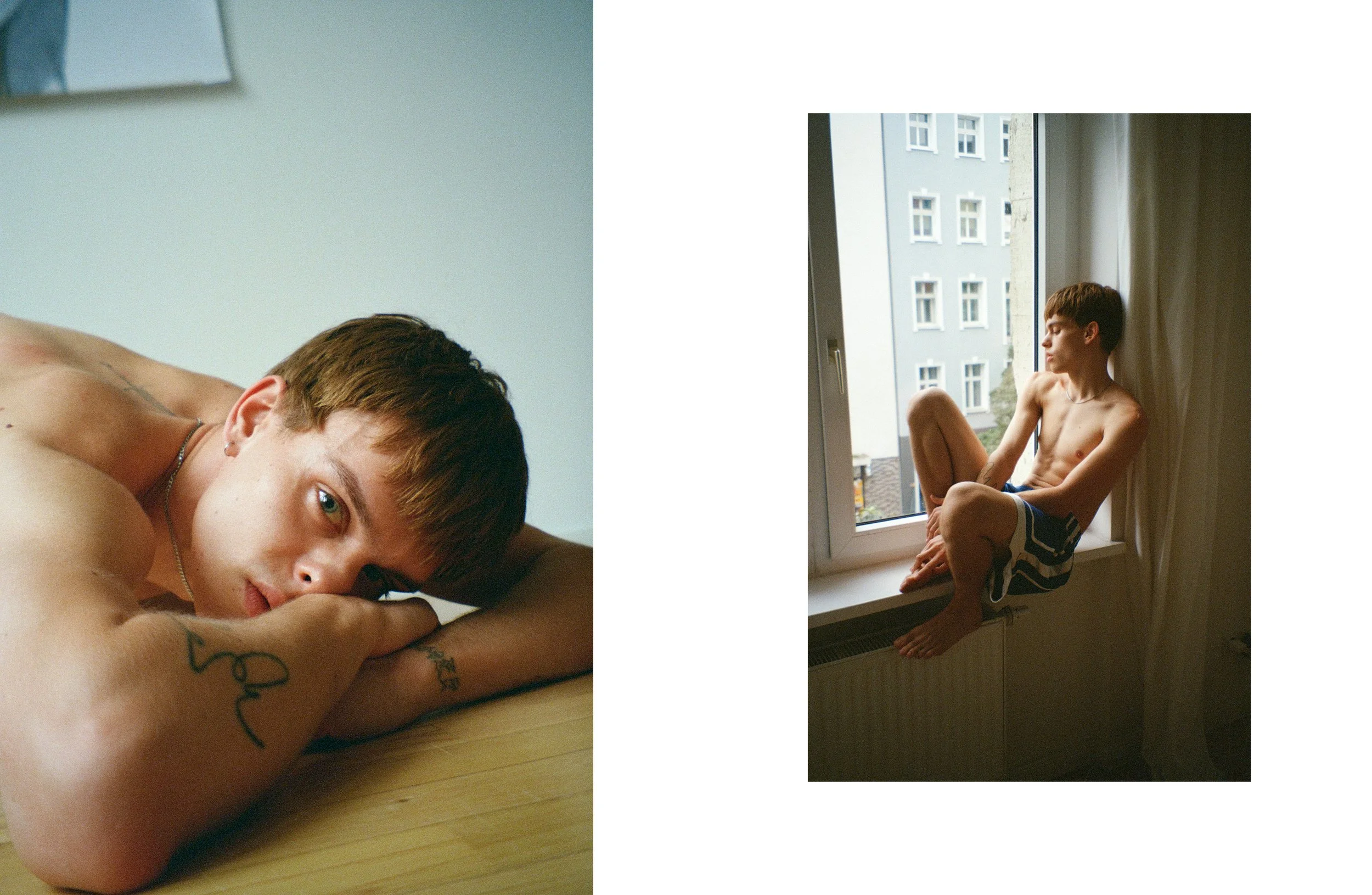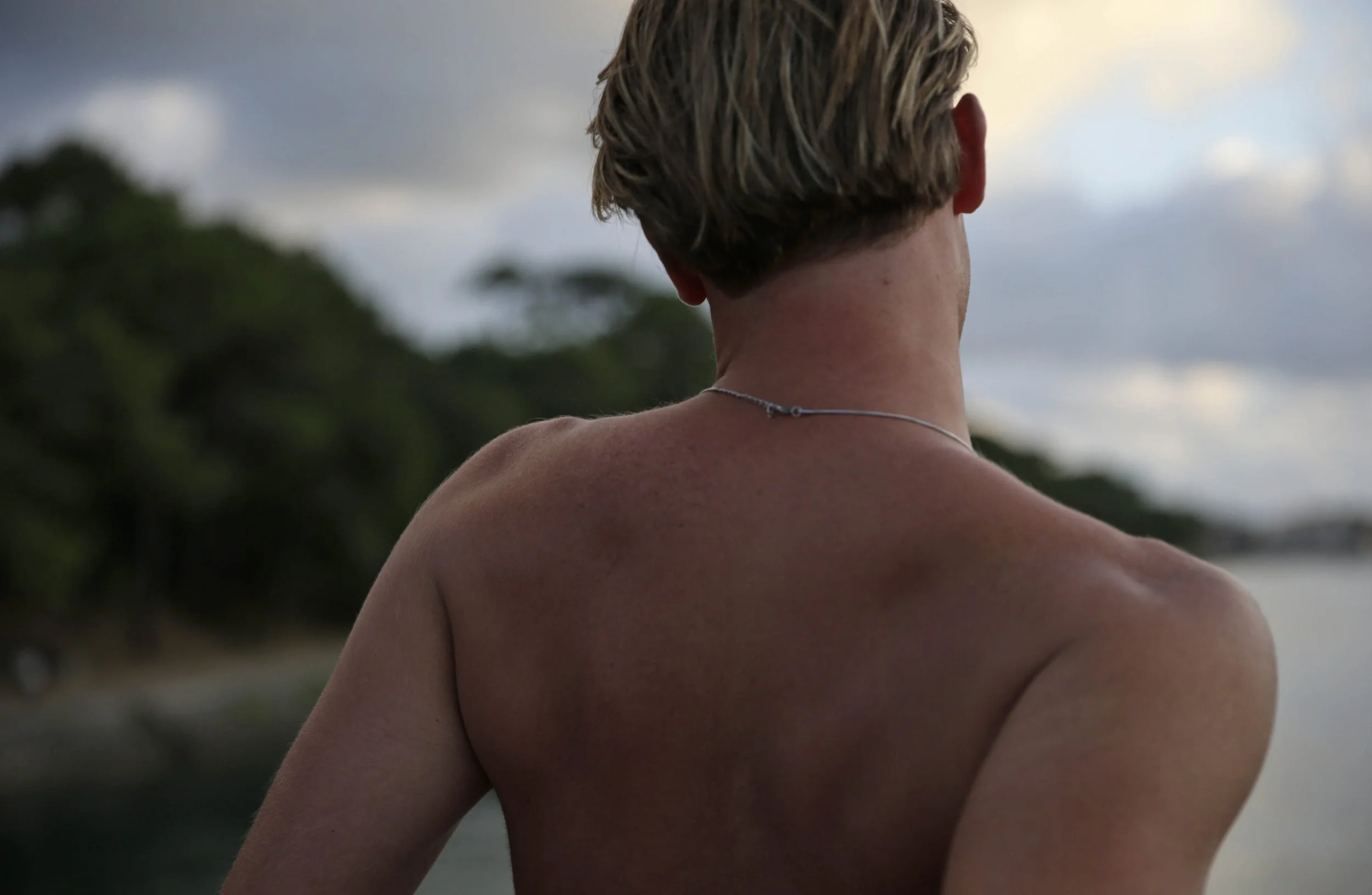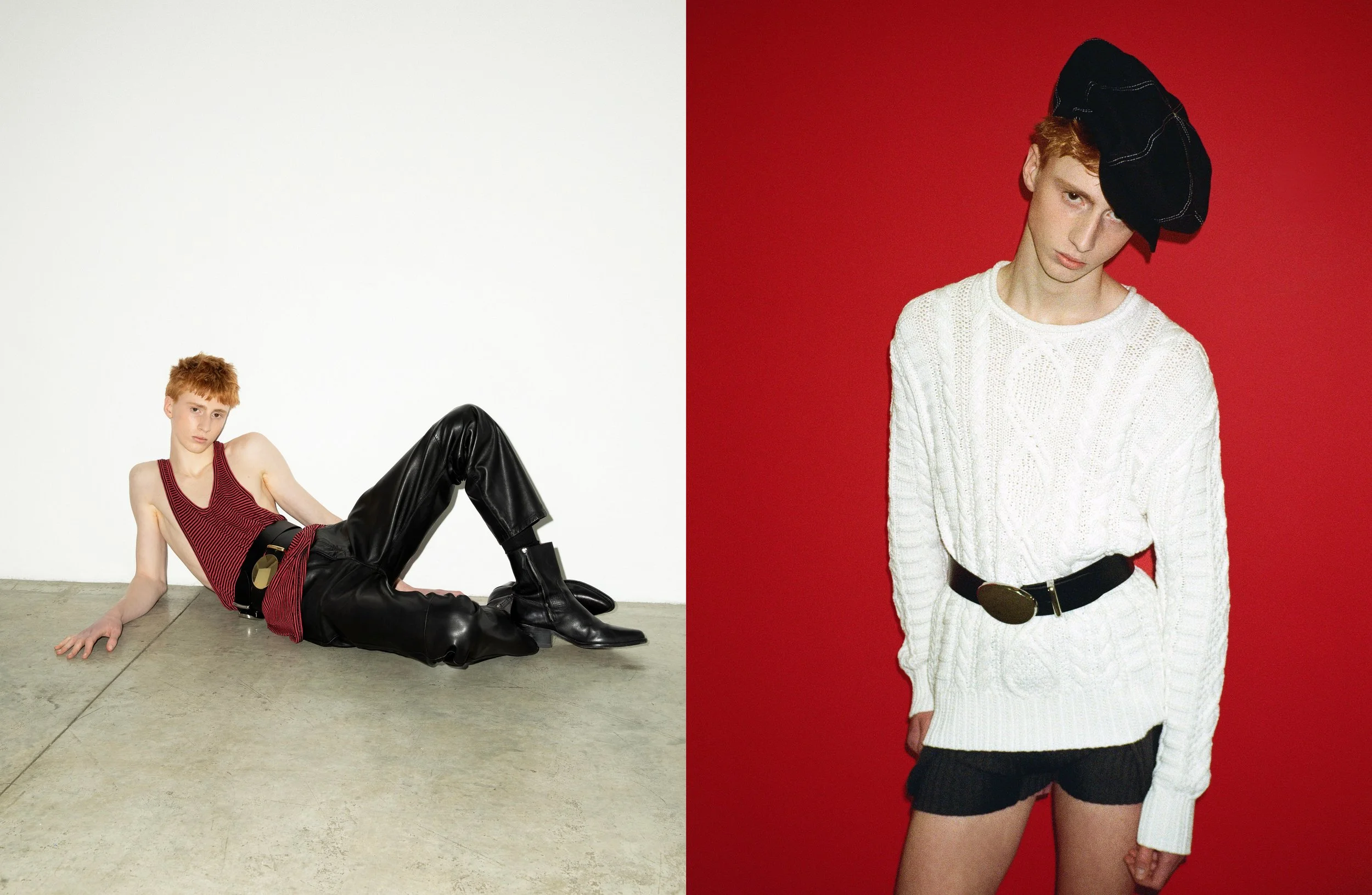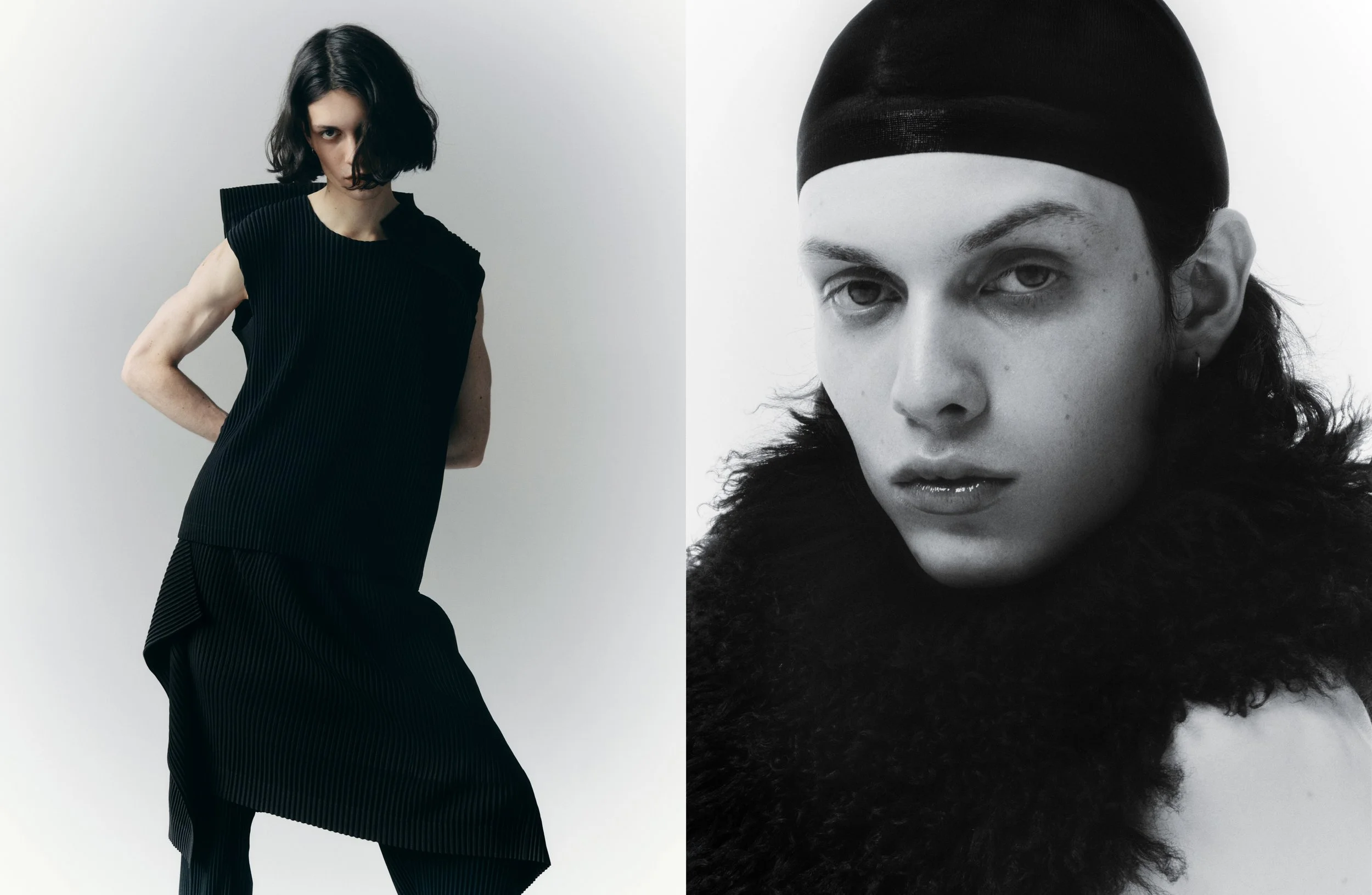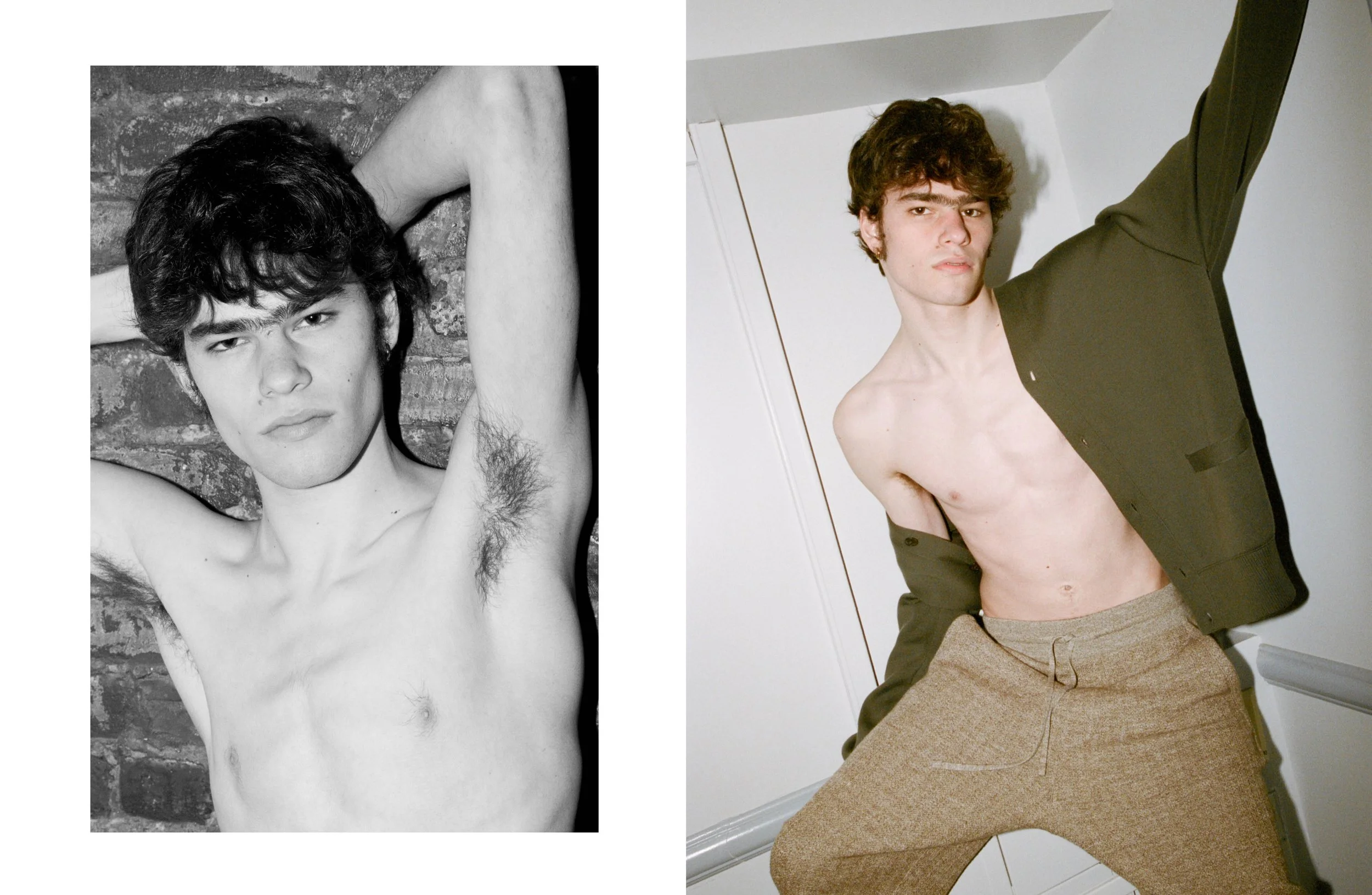MISHAAL TAMER IS A LIVING EXAMPLE THAT DREAMS DO COME TRUE. THE SAUDI-ECUADORIAN ARTIST, WHO RELEASED HIS DEBUT ALBUM HOME IS CHANGING AT THE END OF LAST YEAR, WILL BE PERFORMING AS SUPPORT TO NANCY AJRAM ON JUNE 28TH AT THE ICONIC ROYAL ALBERT HALL IN LONDON – A GRAND, HISTORIC VENUE THAT HAS BEEN HIS LONGTIME GOAL. AS HE’S PREPARING FOR THIS MONUMENTAL PERFORMANCE, HE SPOKE TO US ABOUT BEING DRAWN TO THE TRADITIONAL HERITAGE MUSIC, THE WAY THAT HIS ALBUM REFLECTS HIS LAYERED EMOTIONAL JOURNEY, AND THE COMMUNITY THAT GREW AROUND HIS ARTISTIC EXPRESSION.
Hey Mishaal, I heard you are currently in LA. What have you been doing out there?
I’ve been experimenting a little bit. I know that there are a lot of people here who might be interesting to collaborate with. I’m still very much in my experimental phase as an artist.
What about the city itself? Do you like it?
It’s cool, it reminds me of Jeddah sometimes. It’s a very nice, health-conscious city. But it is pricey. [Laughs]
Let’s talk about dreams coming true. At the end of June, you will be performing as a support to Nancy Ajram at the historical London venue, Royal Albert Hall. How does it feel for an artist to reach a goal of this magnitude?
I can’t believe it. I was actually walking with a friend of mine a while ago, and when we were passing by Royal Albert Hall, I said, “Oh my God, imagine playing there…”
And now it’s happening. How does one prepare for a show at their ultimate dream stage?
I definitely want to make it exciting. I’m working on putting together a new take on the songs from my album Home Is Changing that will include heritage instruments from my region, such as the oud. The show has to be special – it’s a dream come true for me, and I would love to make it sound like a dream to the audience too.
That actually connects to a question I was going to ask you. Saudi Arabia has such a rich history of traditional music, and I know that traditional music is very popular amongst the young generation, more than Western music, which used to be more prominent before. How does it influence your sound and expression as an artist?
If you listen to Home Is Changing, it’s extremely Western-inspired because that’s what I was listening to growing up. You know, in Saudi, about 70% of us are under 30 – we all grew up with the Internet and were exposed to everything in the world. But now that music has given me a platform and an international audience, it leads me to think, “I have an opportunity to showcase to the world, especially to the youth, some sounds from my heritage back home.” I did it a little bit before with some instrumentations or samples, but I want to dig much deeper than that and create something unique.
When did you first start making music?
I started when I was 9 years old. I broke my arm and had nerve damage in my left hand, and playing guitar was the recommended physiotherapy for it. Then, I started writing songs shortly after, and I have never stopped.
Home Is Changing is divided into five storytelling chapters. What does each of them symbolise for you?
The album actually correlates with a real period of my life. The first chapter, The Deep, is about the time that I was failing college and I was very depressed. So the name reflected what I was going through because it’s dark down there. Imagine being at the bottom of the ocean – you’re overwhelmed and it’s hard to get out. After that comes The Heart, that’s where I fall in love and think that this will get me out of that dark place, but it doesn’t, because chapter three is The Heartbreak. Then, it’s The Dream – that part is a bit more introspective and looks at the passing of time. And then finally, The Return, which symbolises both maturing and at the same time reconnecting with the inner child.
You’re half Saudi and half Ecuadorian — how often do you visit Ecuador? What do you love the most about its culture?
I was just there before my recent appearance in Mexico. I have been going there ever since I was a kid. This has actually been the longest I’ve been away from Ecuador because of Covid, I’ve been away for 5 or 6 years. But I will definitely be going back there more now. I get very inspired by its heritage music as well – just like Saudi, Ecuador has a very rich history when it comes to music. I want to see if I can bridge both of these influences with my sound.
Your fanbase is known as the Chicken Gang – how did this name come about?
I’m not sure how the Chicken Gang name first started, it must’ve been sometime during my Discord days. Regardless of how it came up, it’s a pretty funny name and can put a smile on anyone’s face, and I think that’s pretty cool. It’s just a name that unites us all together, and it just expanded over time and evolved into what it is today. We have our own phrases that we use like, “Geeeeeee” (to express happiness), “indeeeed” (yes), and if you’re in the fandom, you are a “G”; if you’ve been in the fandom for a while, you’re an “OG”, etc. I suppose the name itself doesn’t really matter; what matters is the community and these fans that became friends with each other and grew into basically becoming a family across the world.
Interview by Martin Onufrowicz
Photography by Elliot Morgan
Fashion by Steven Huang
All clothes Dior Men
EIC Michael Marson
Grooming by Sven Bayerbach at Carol Hayes Management using Daimon Barber
